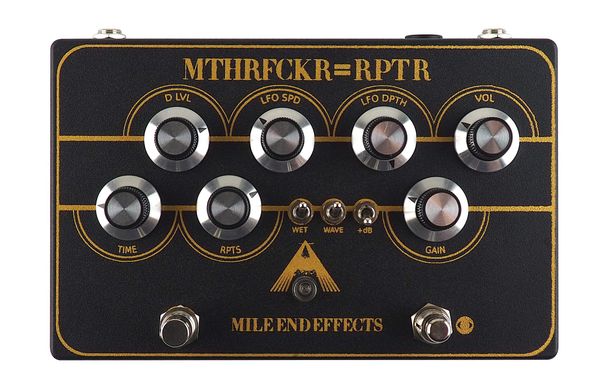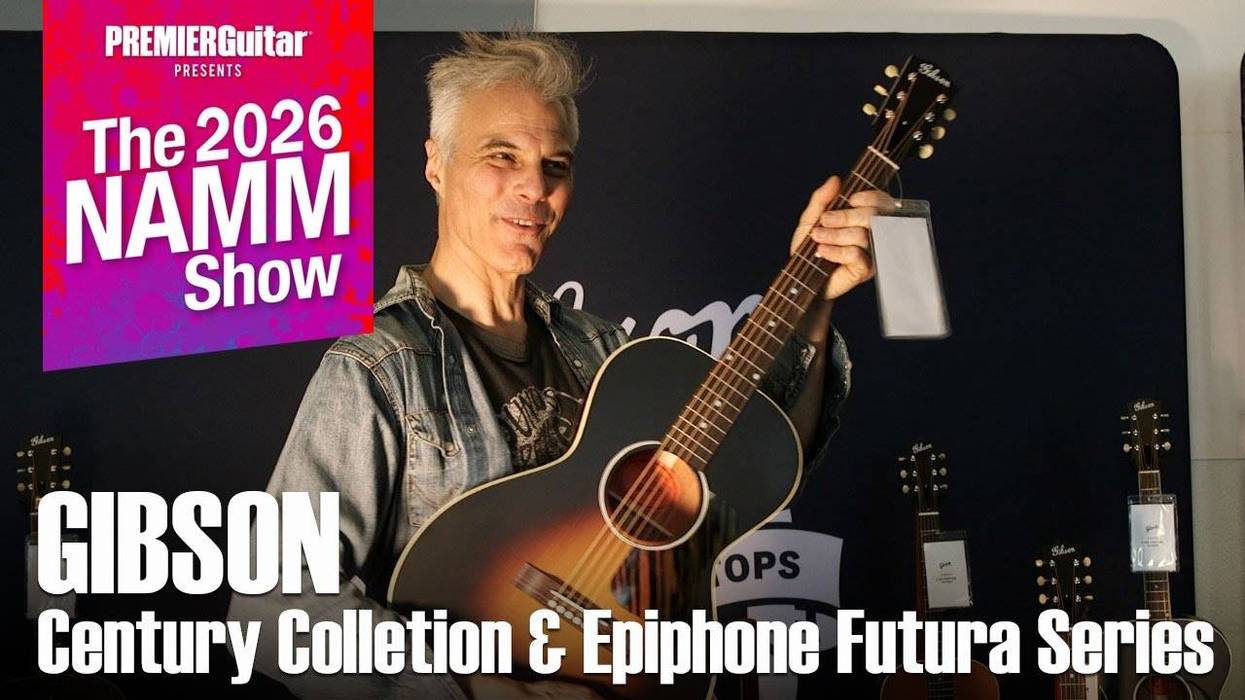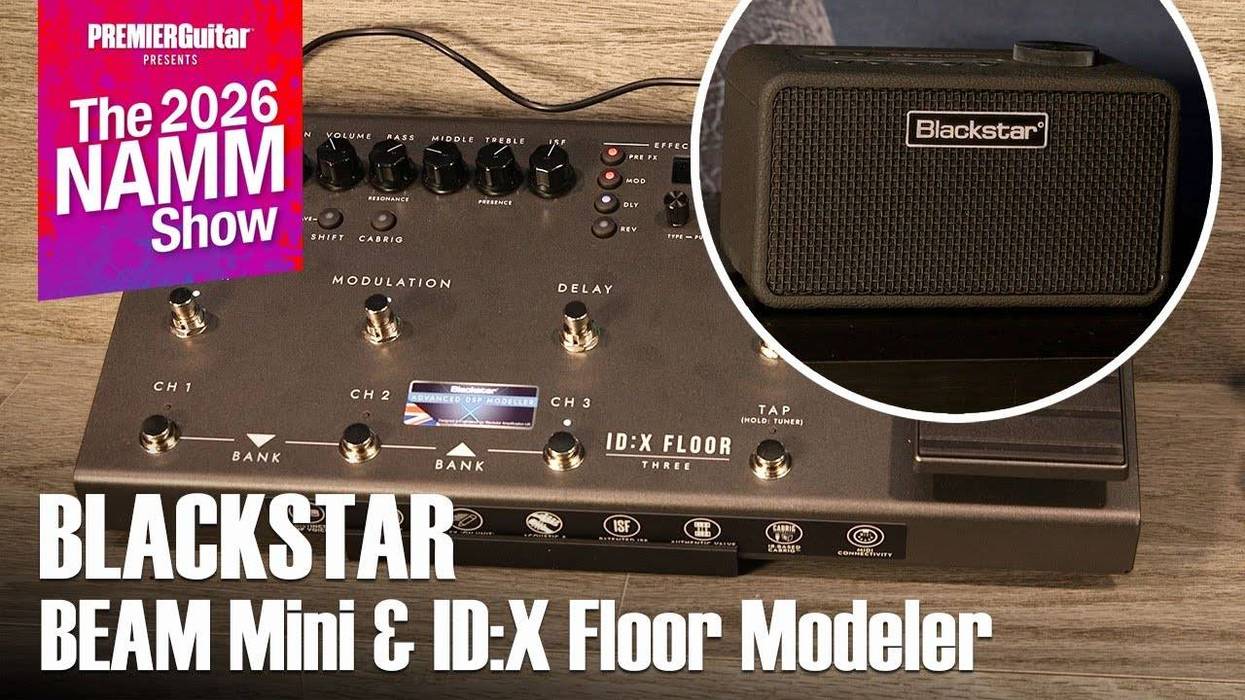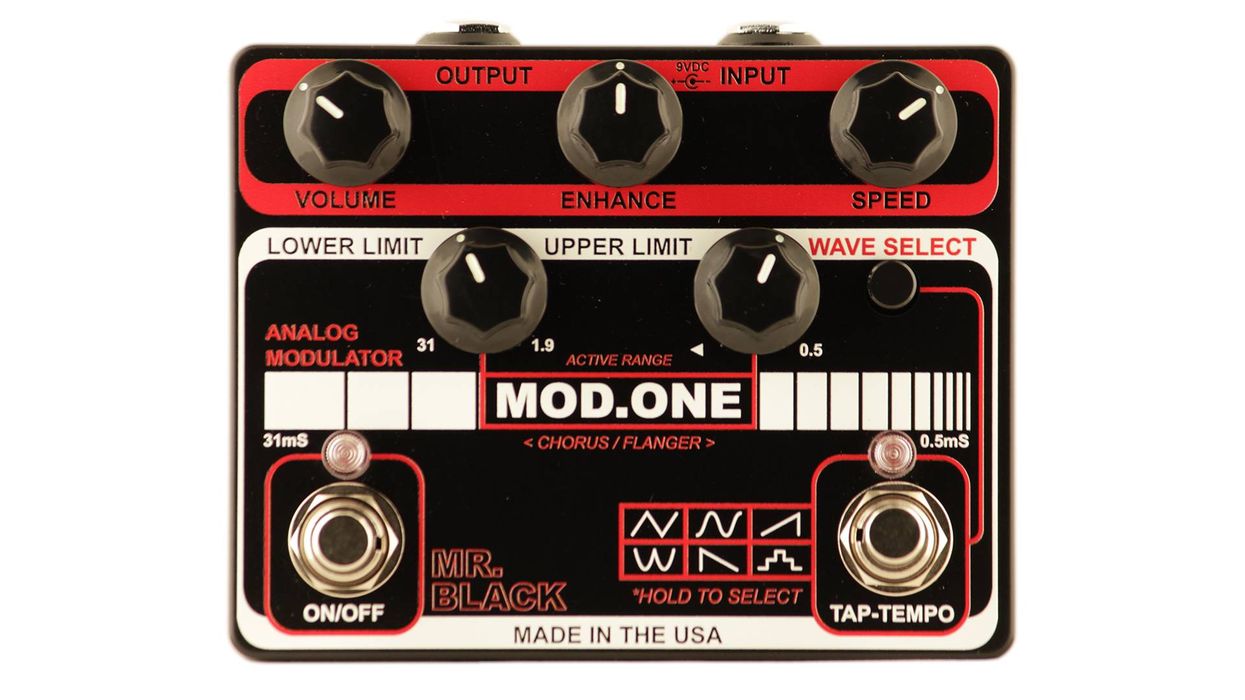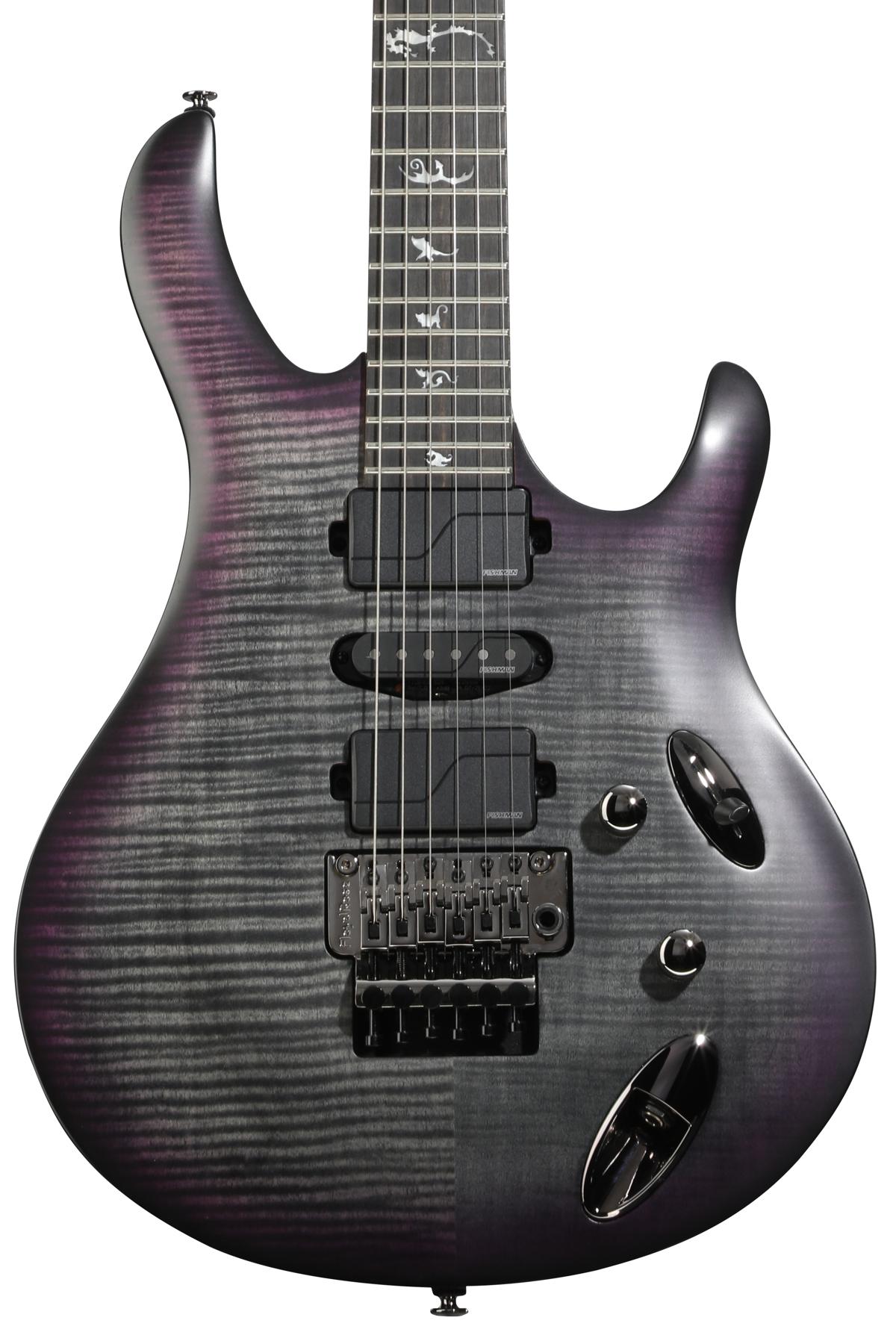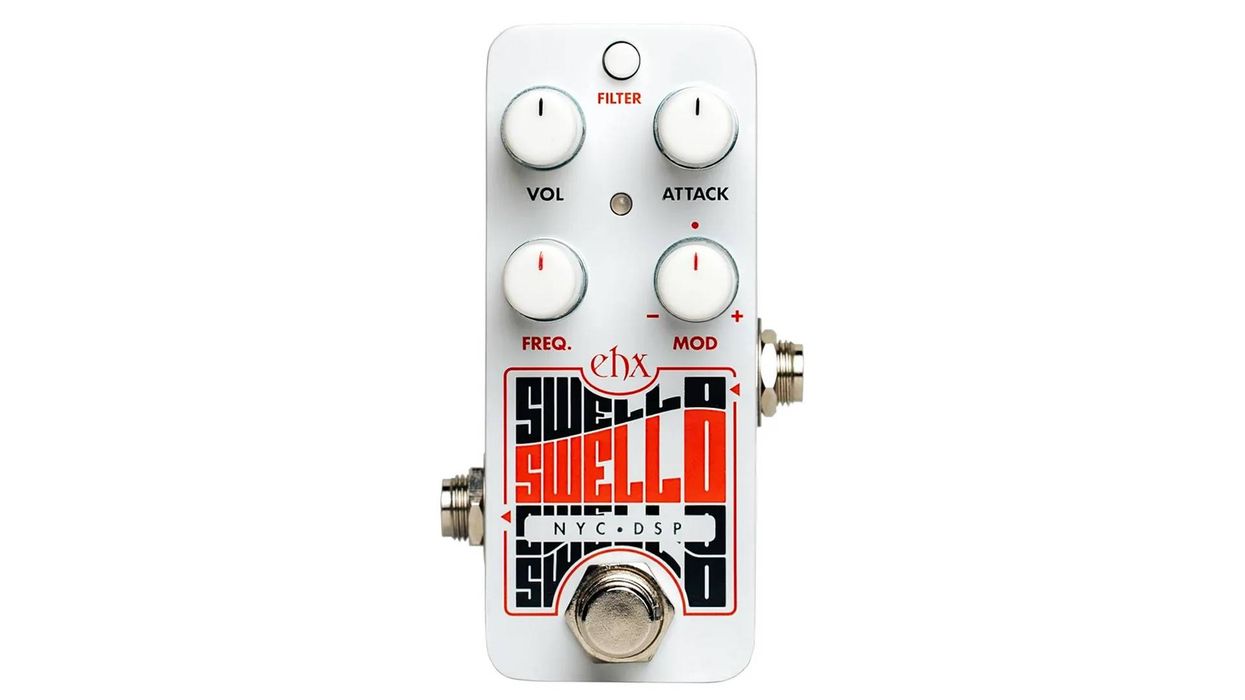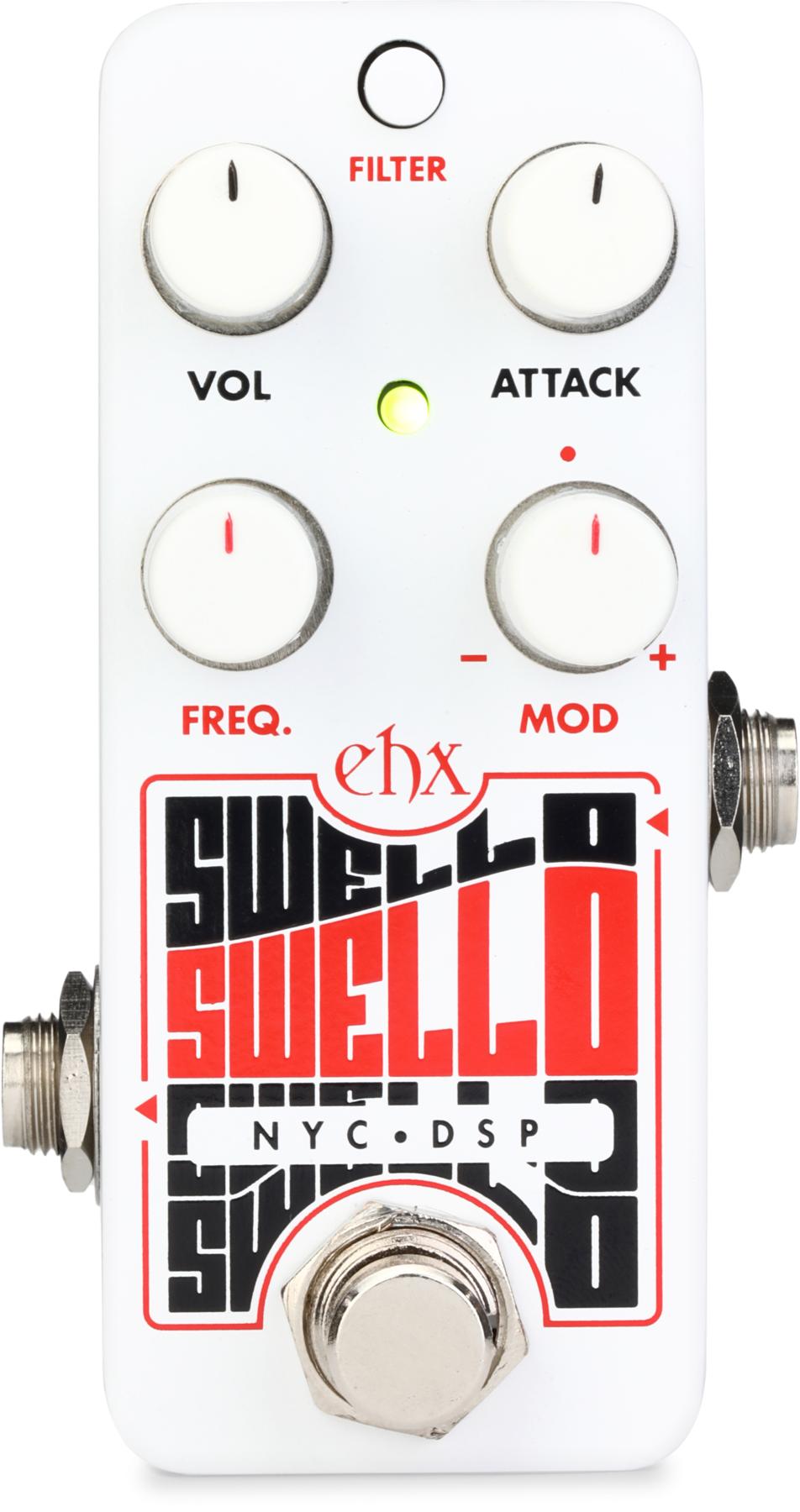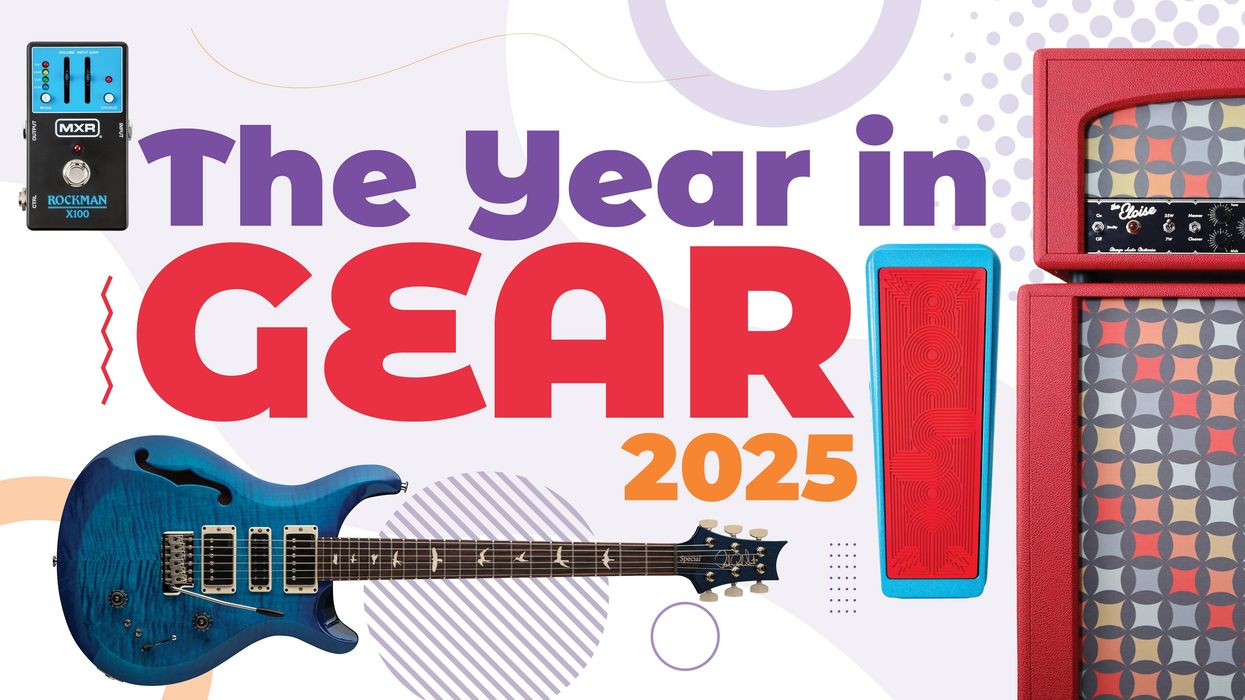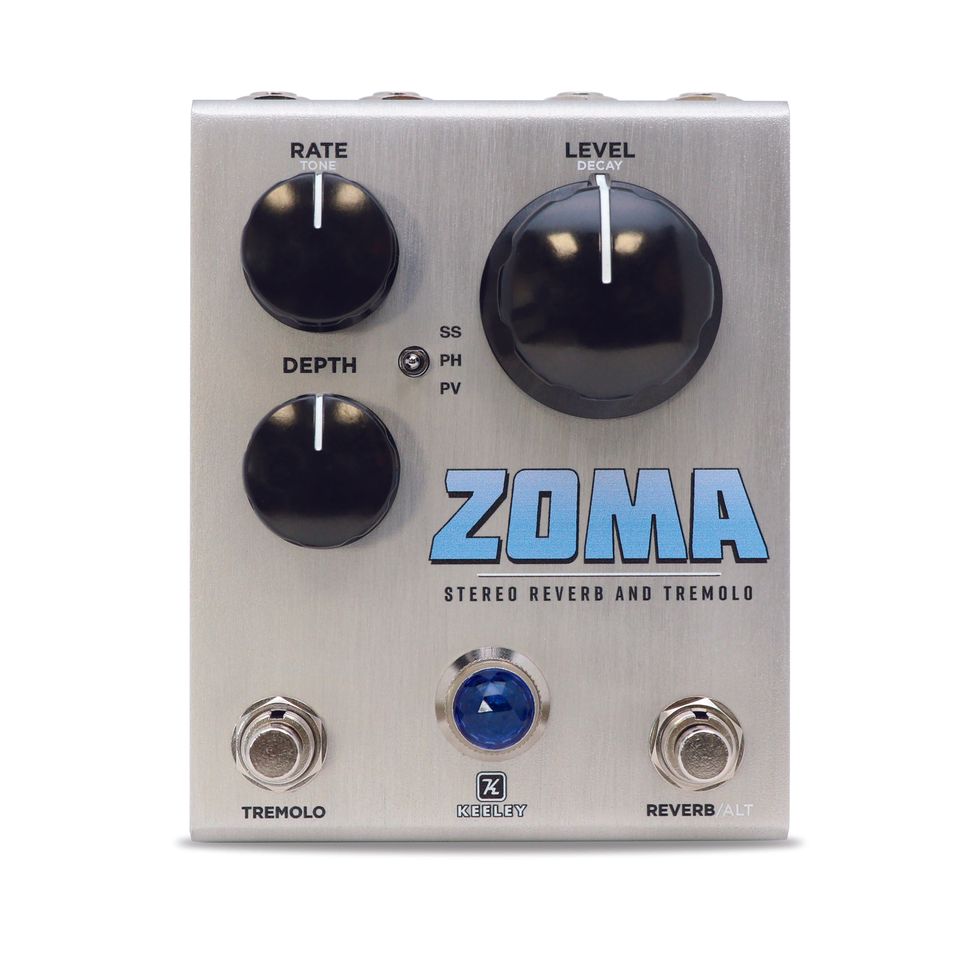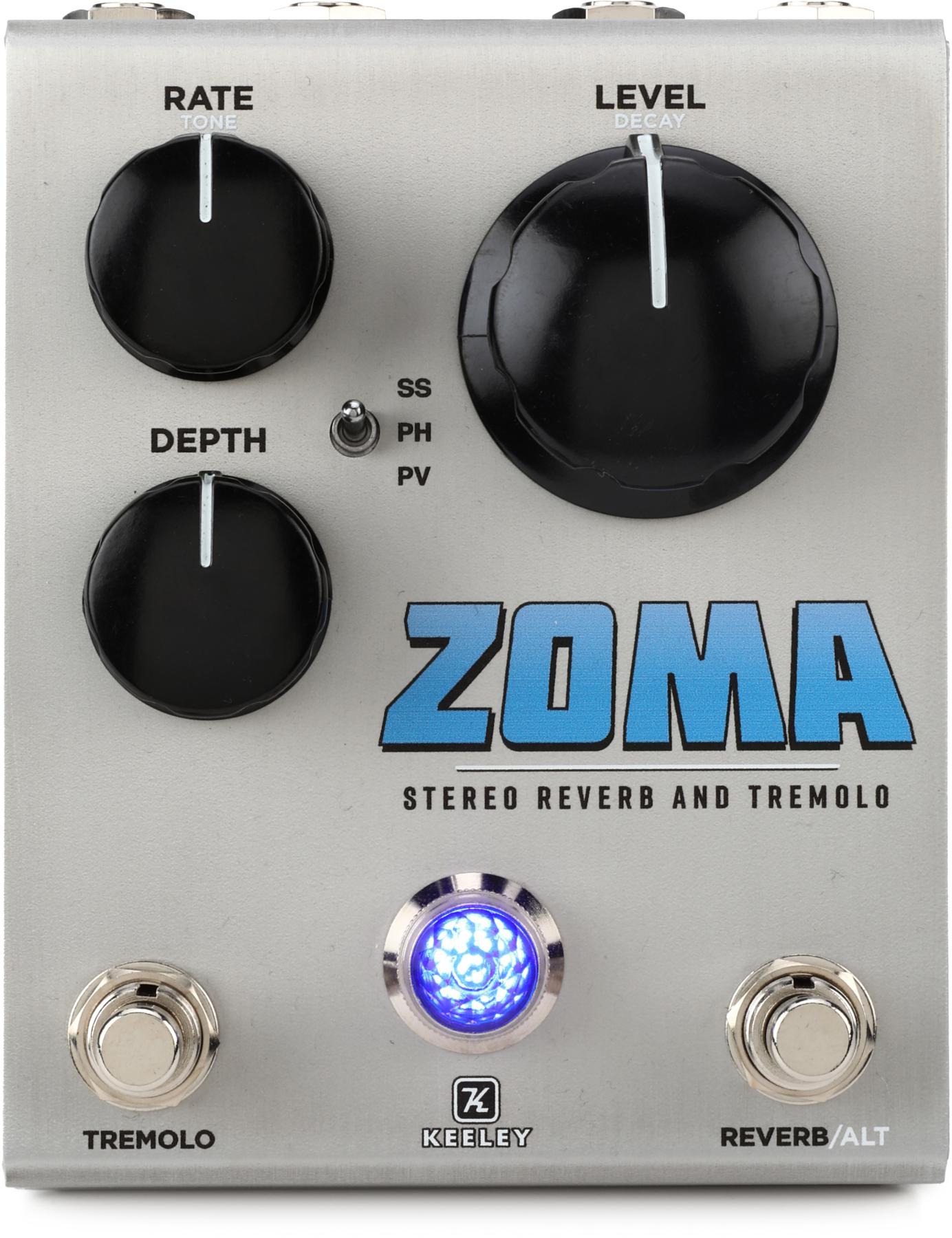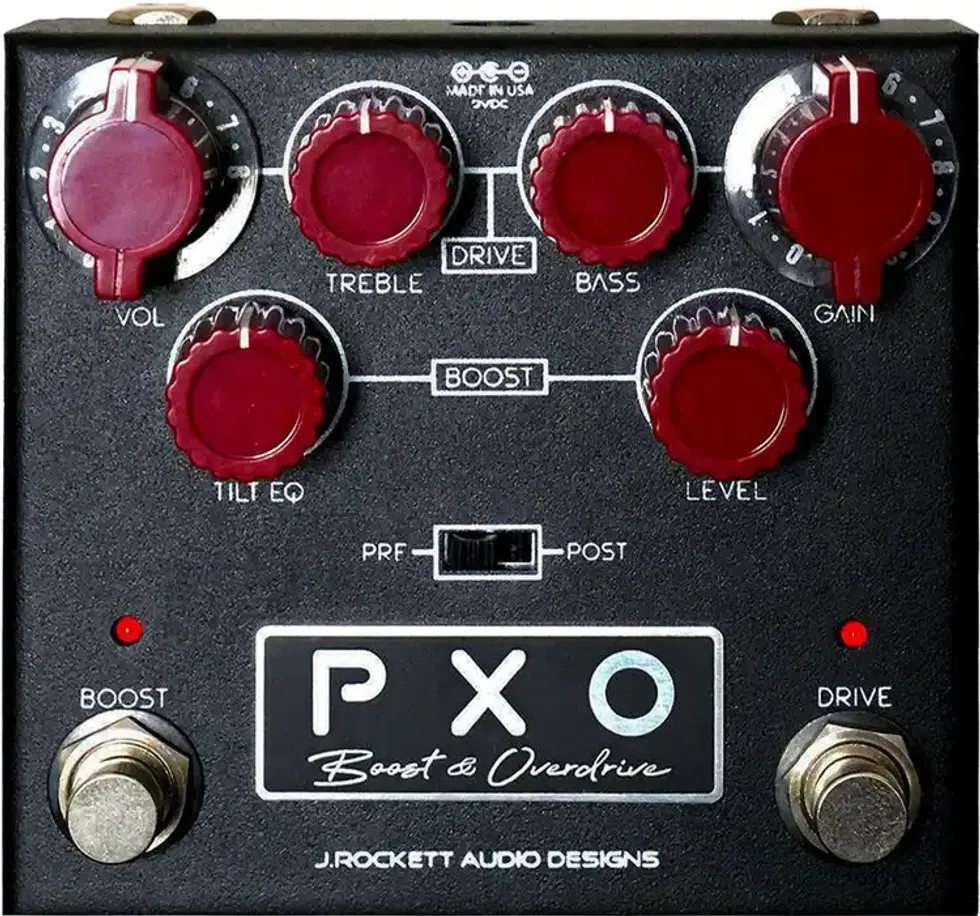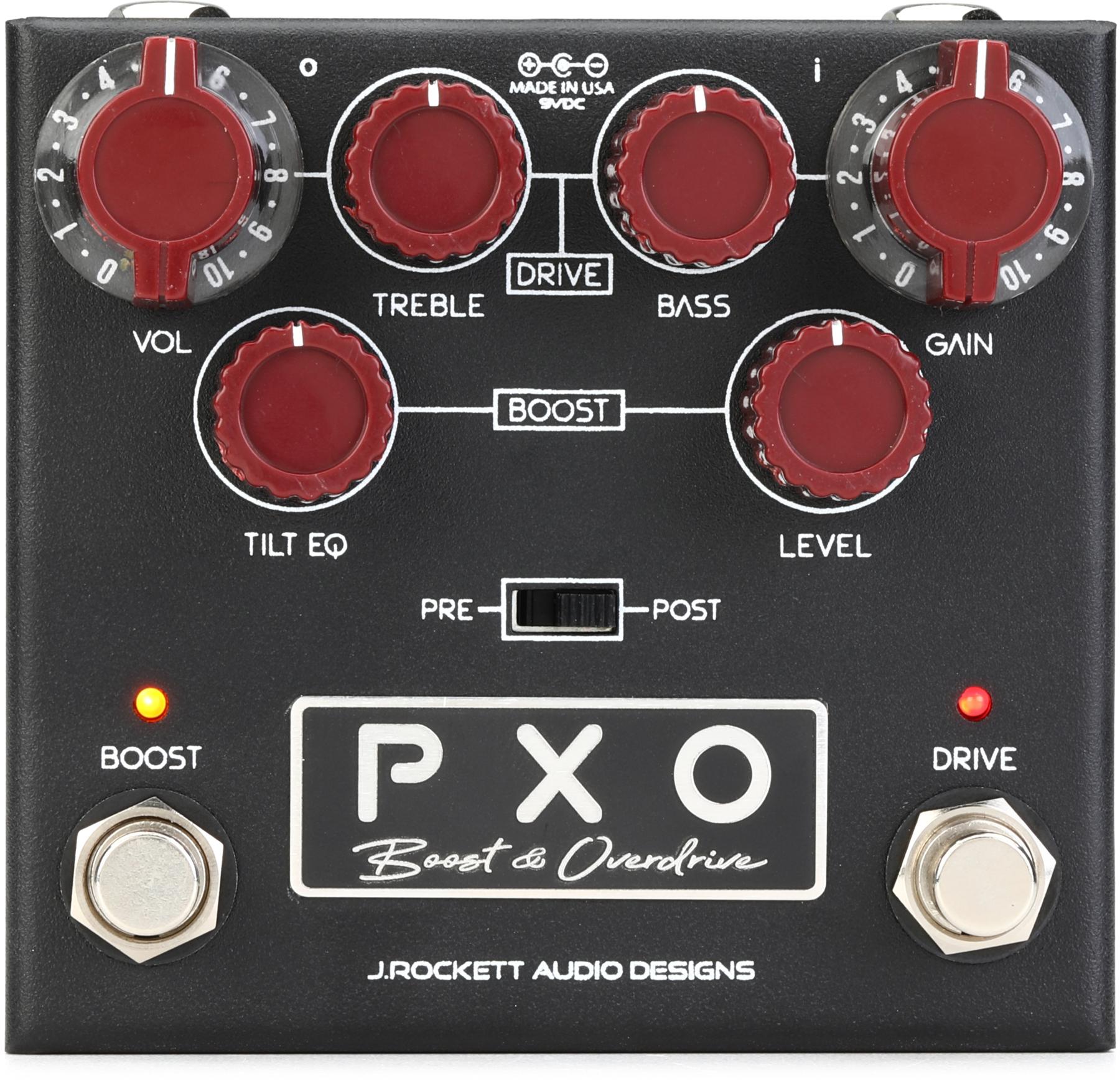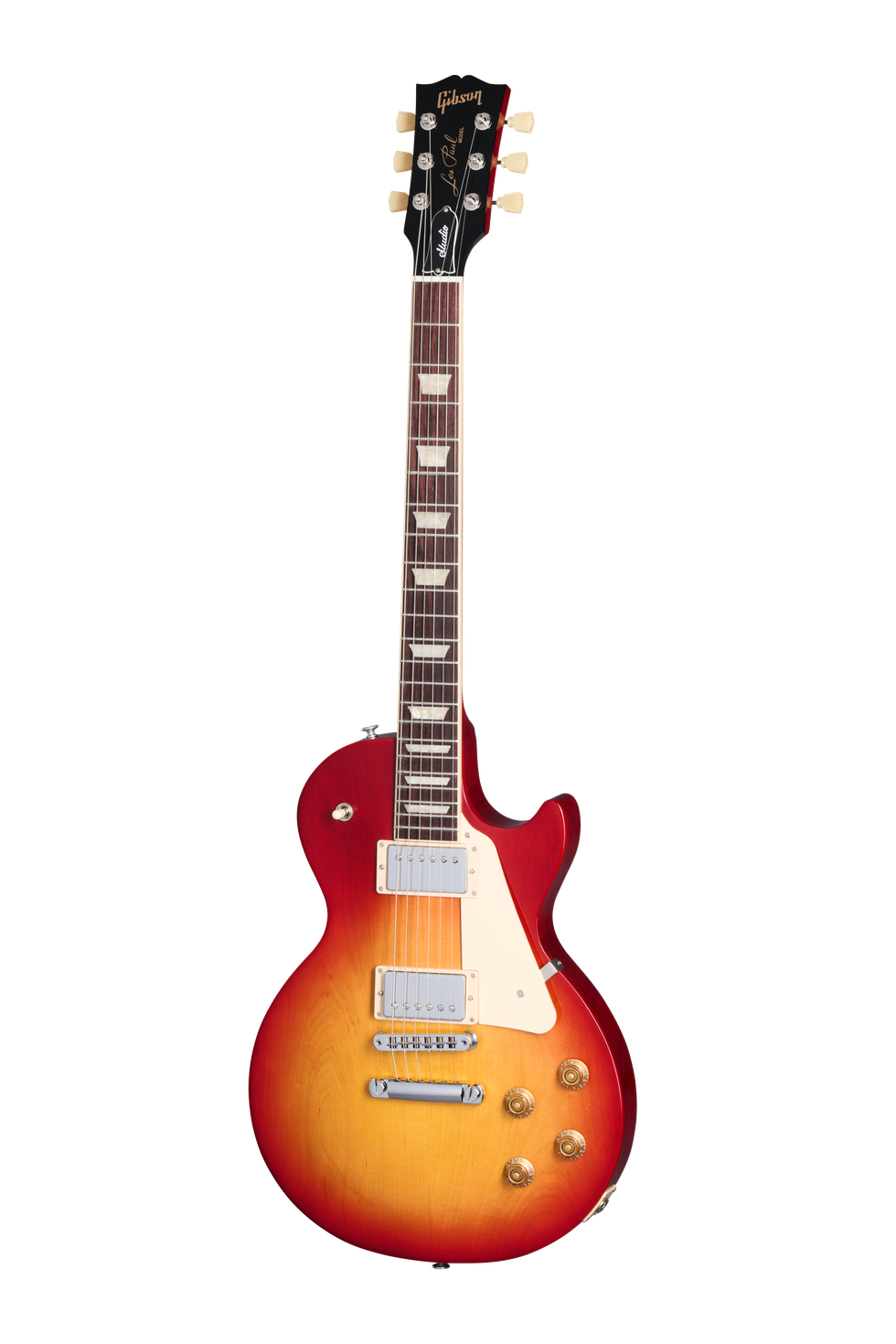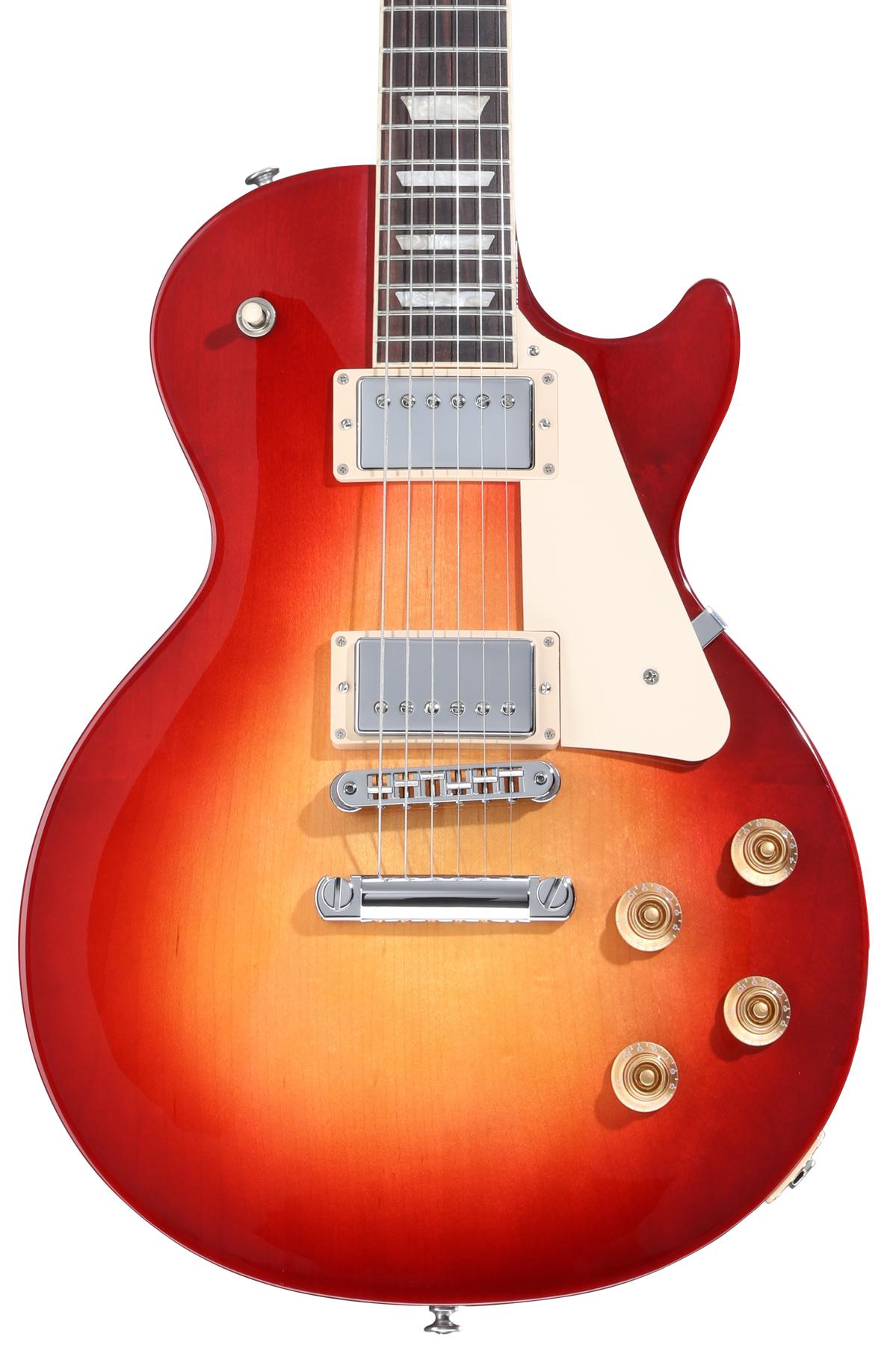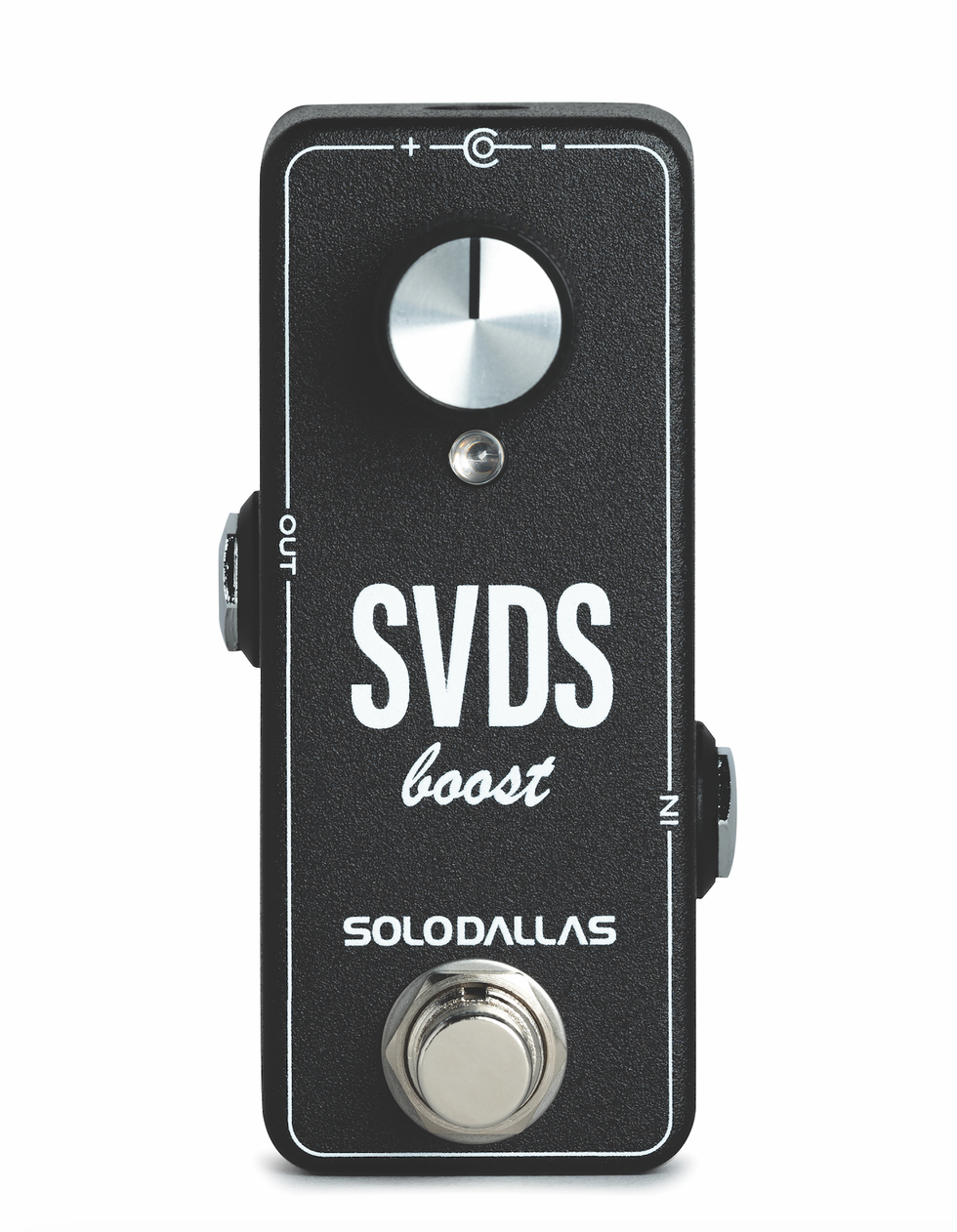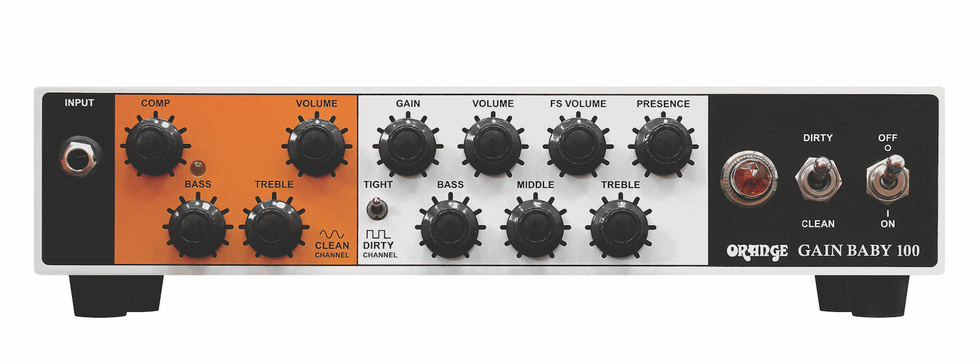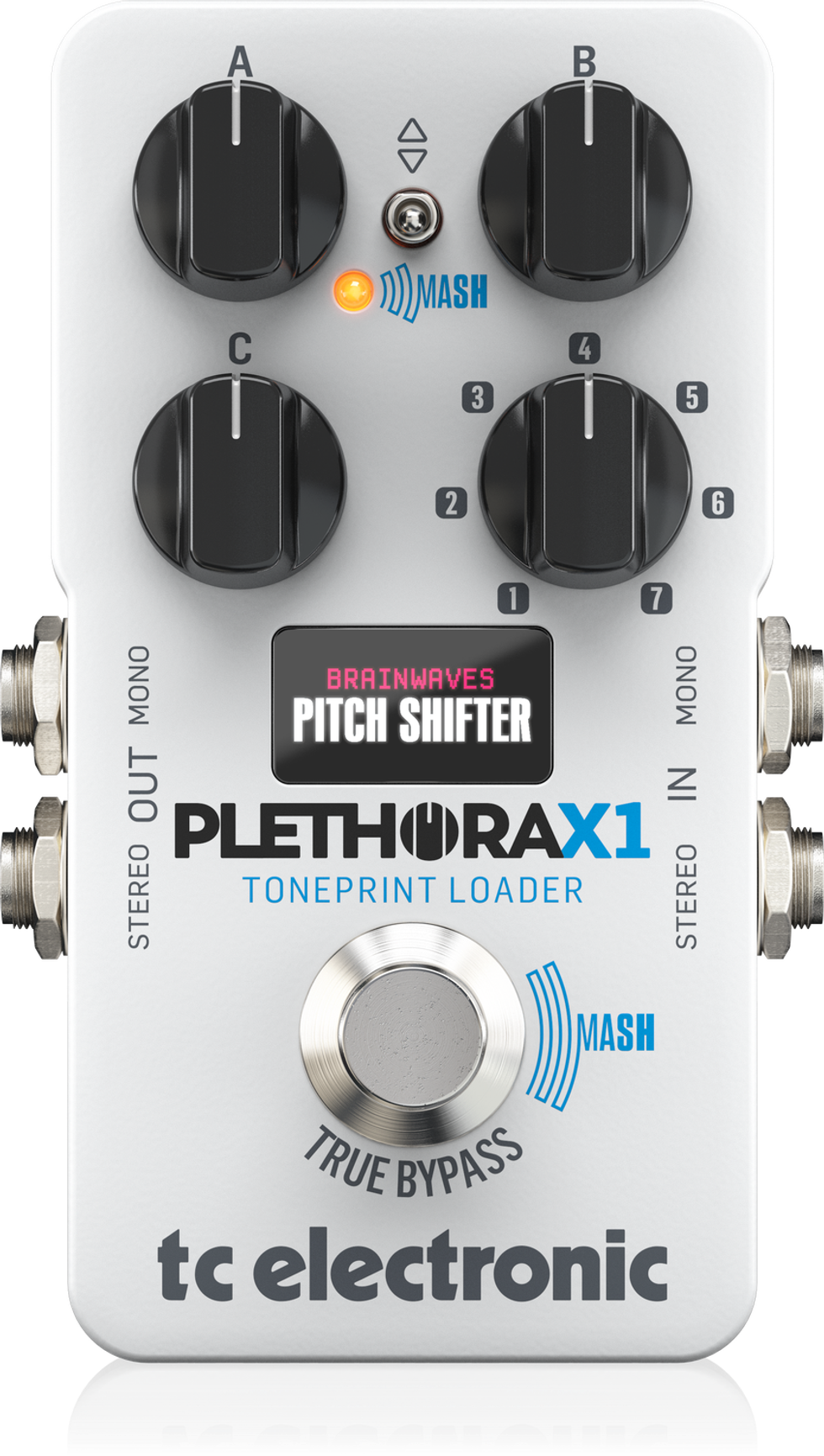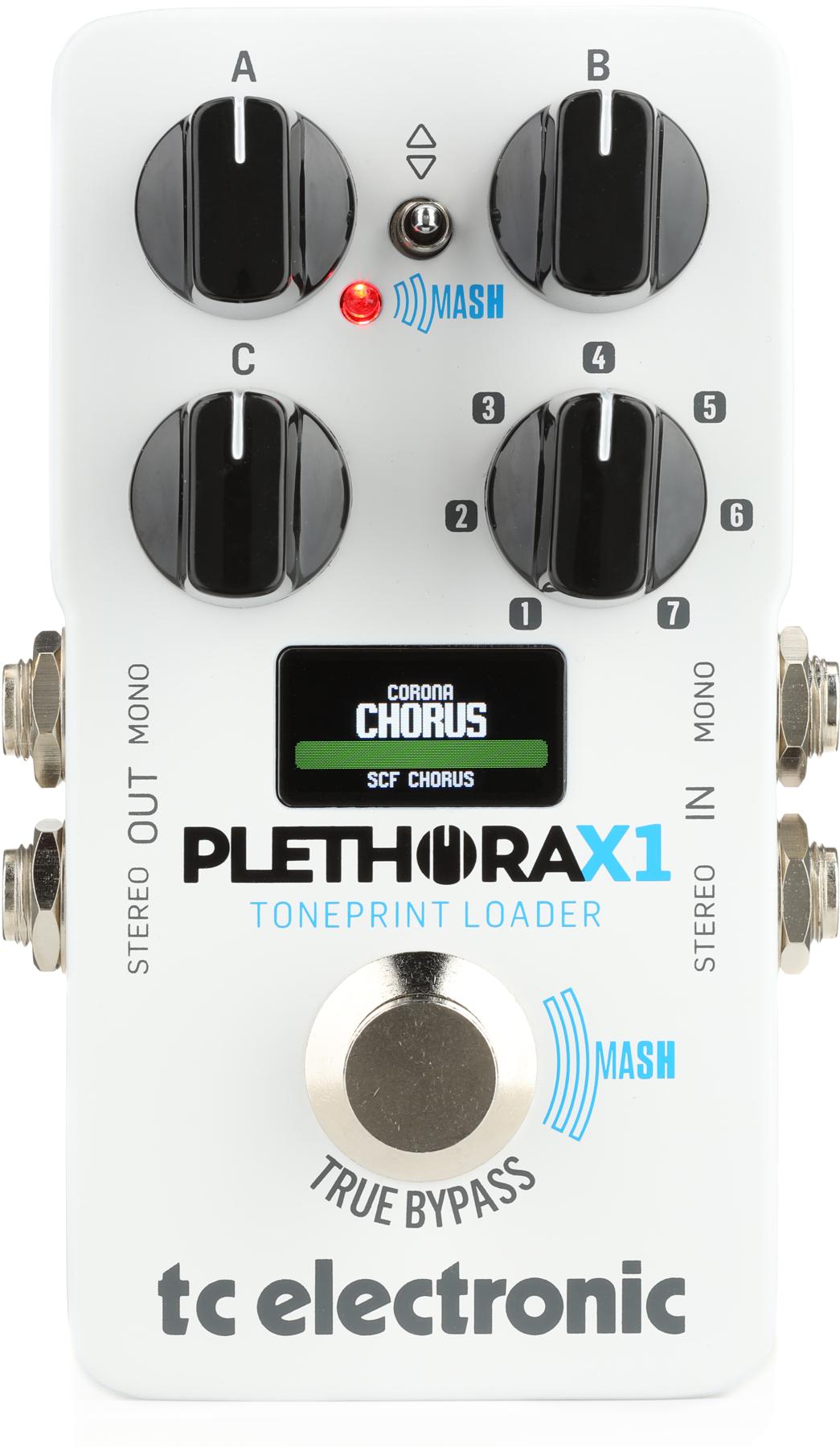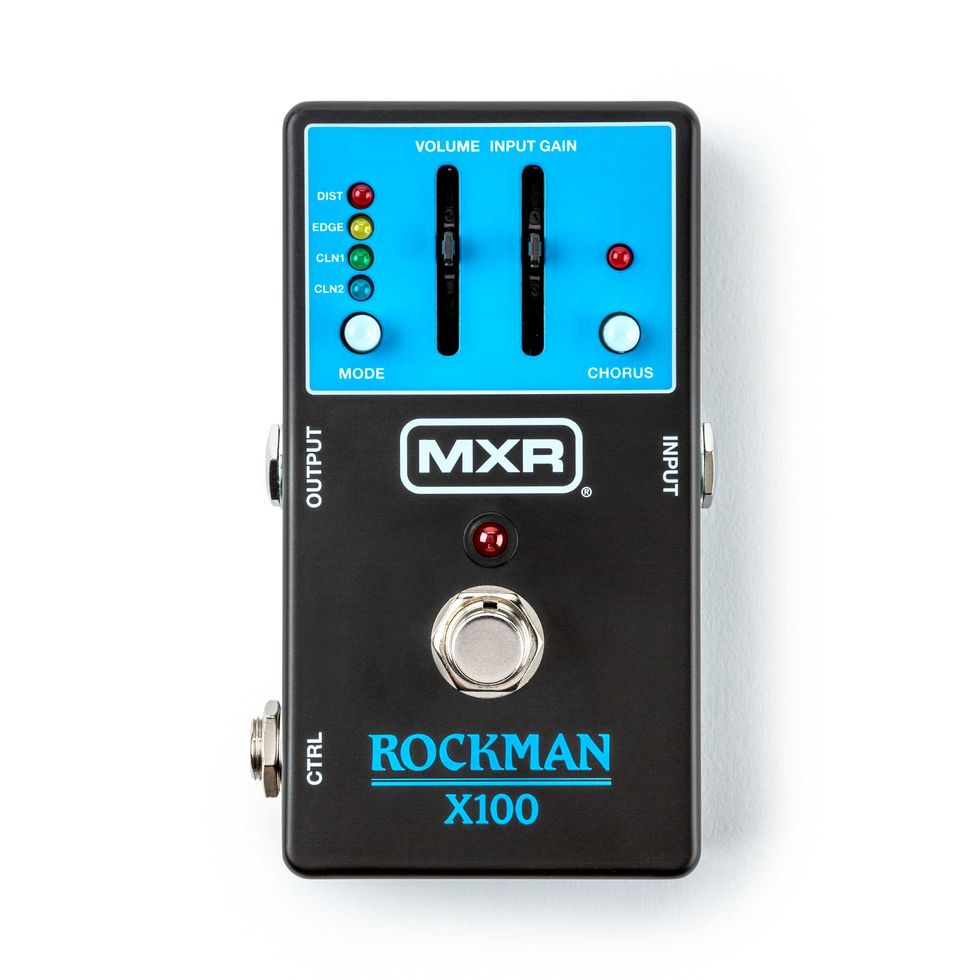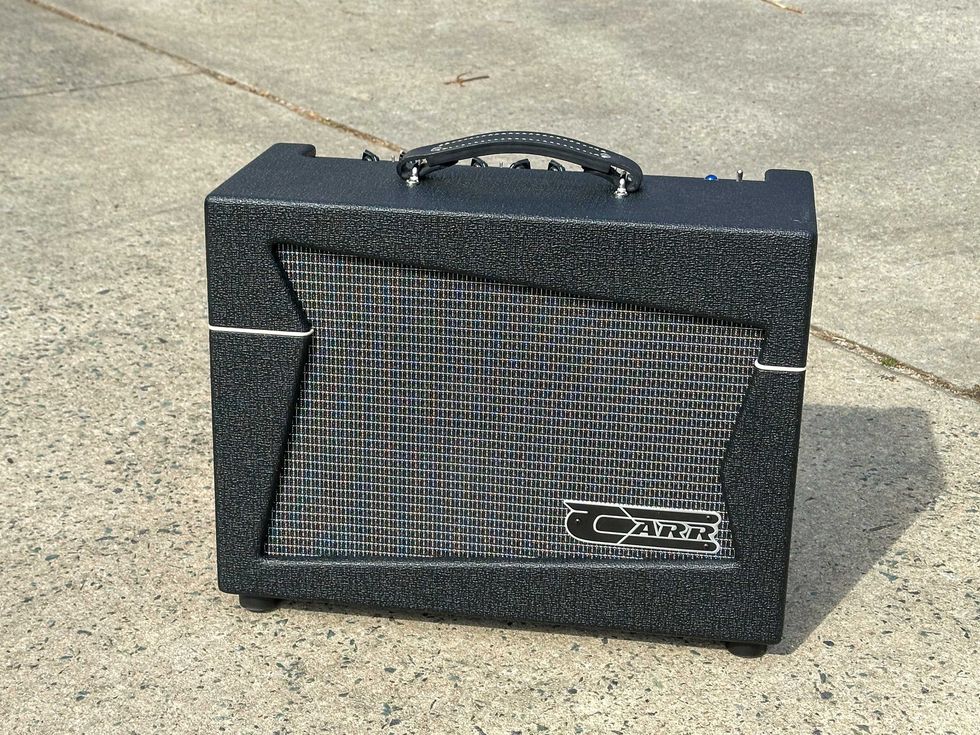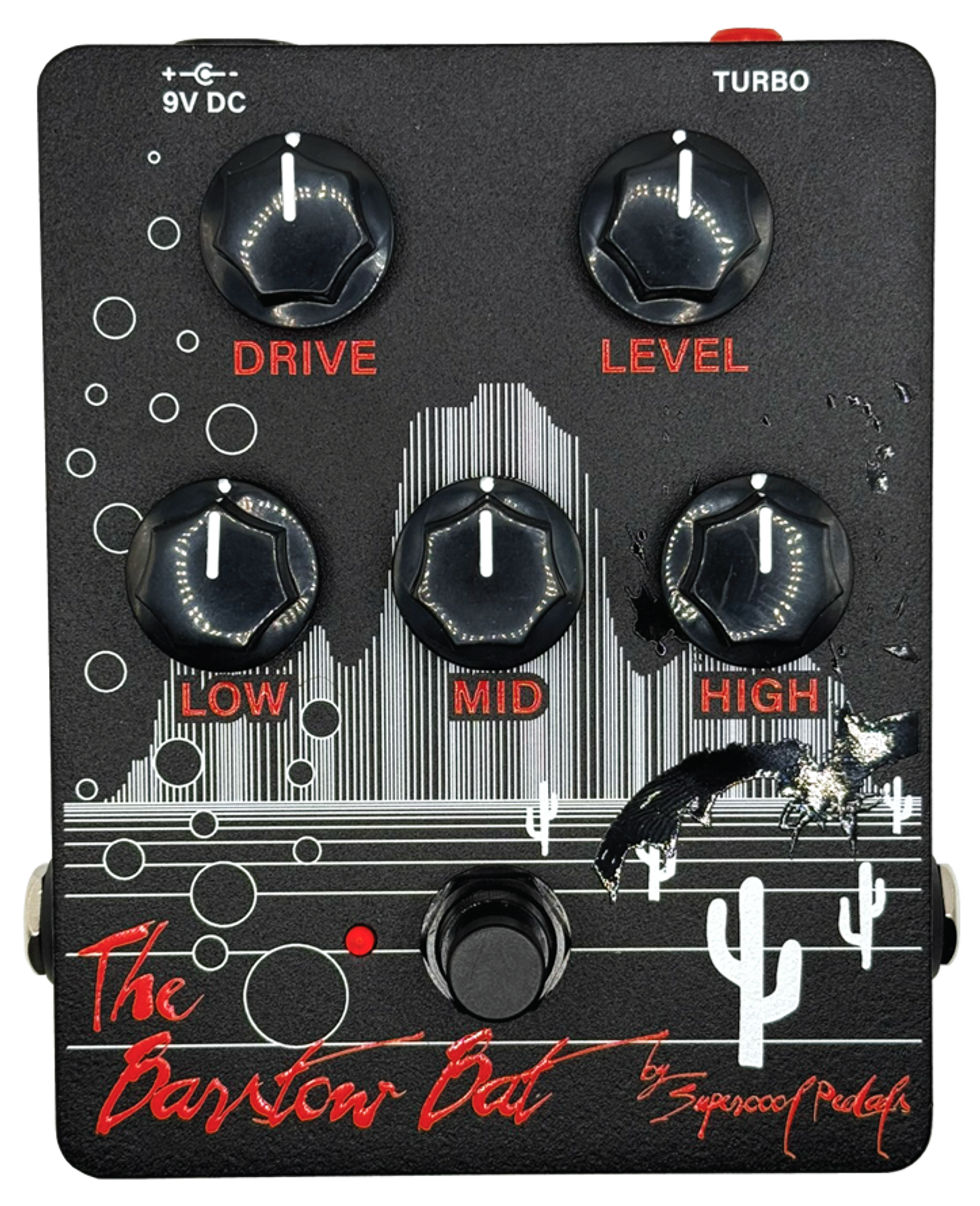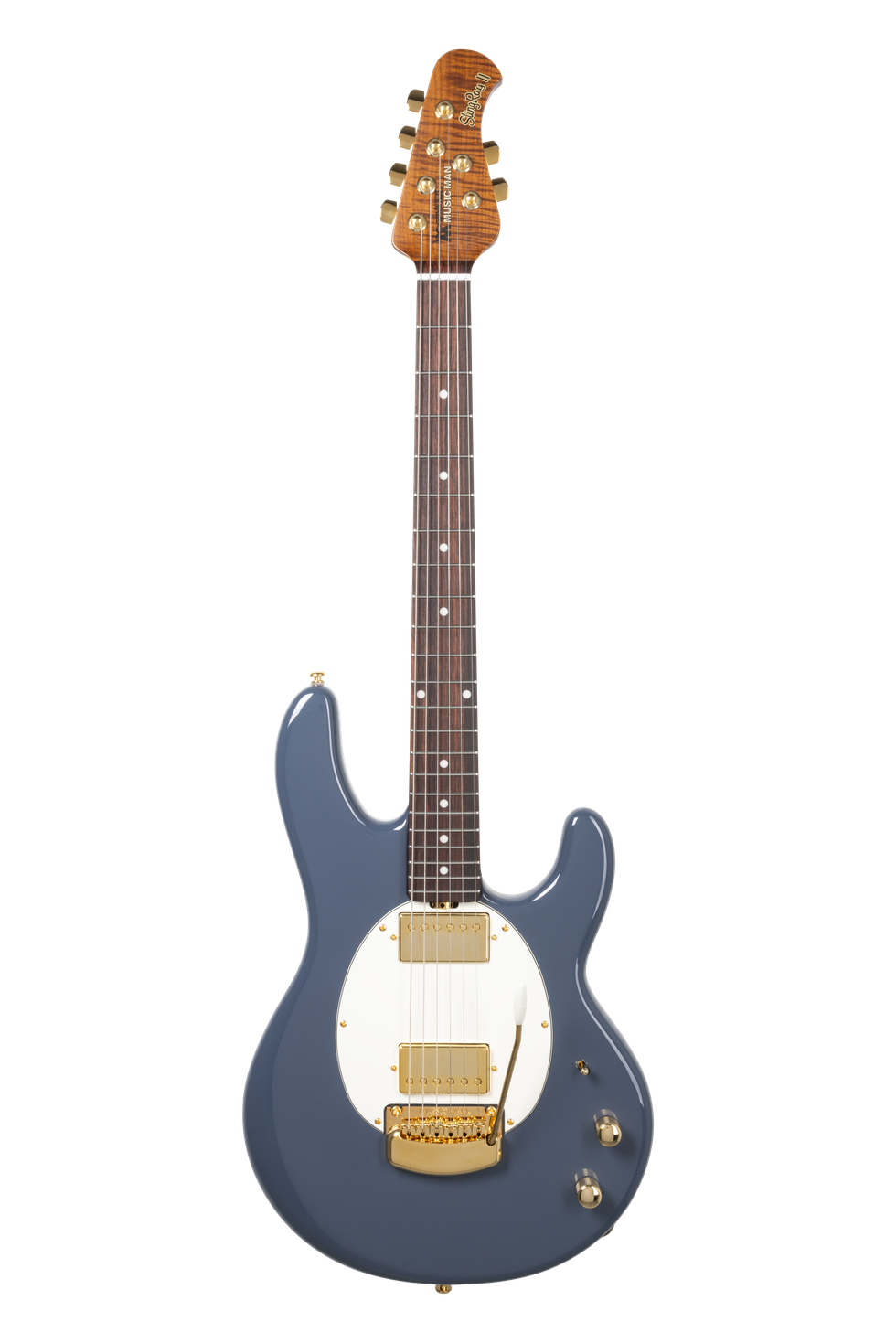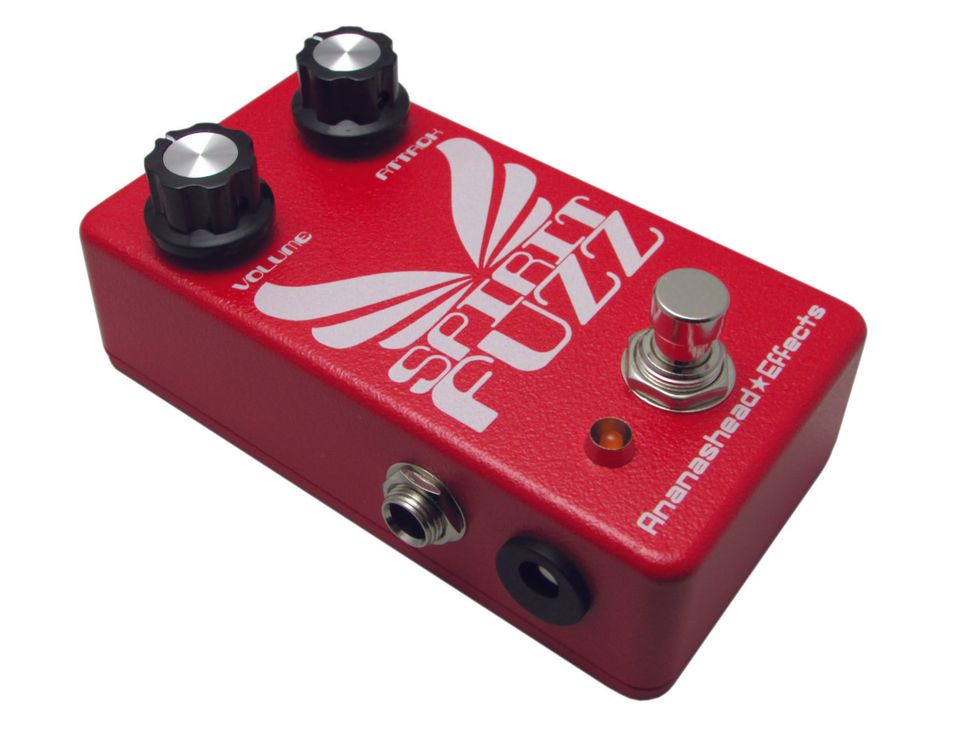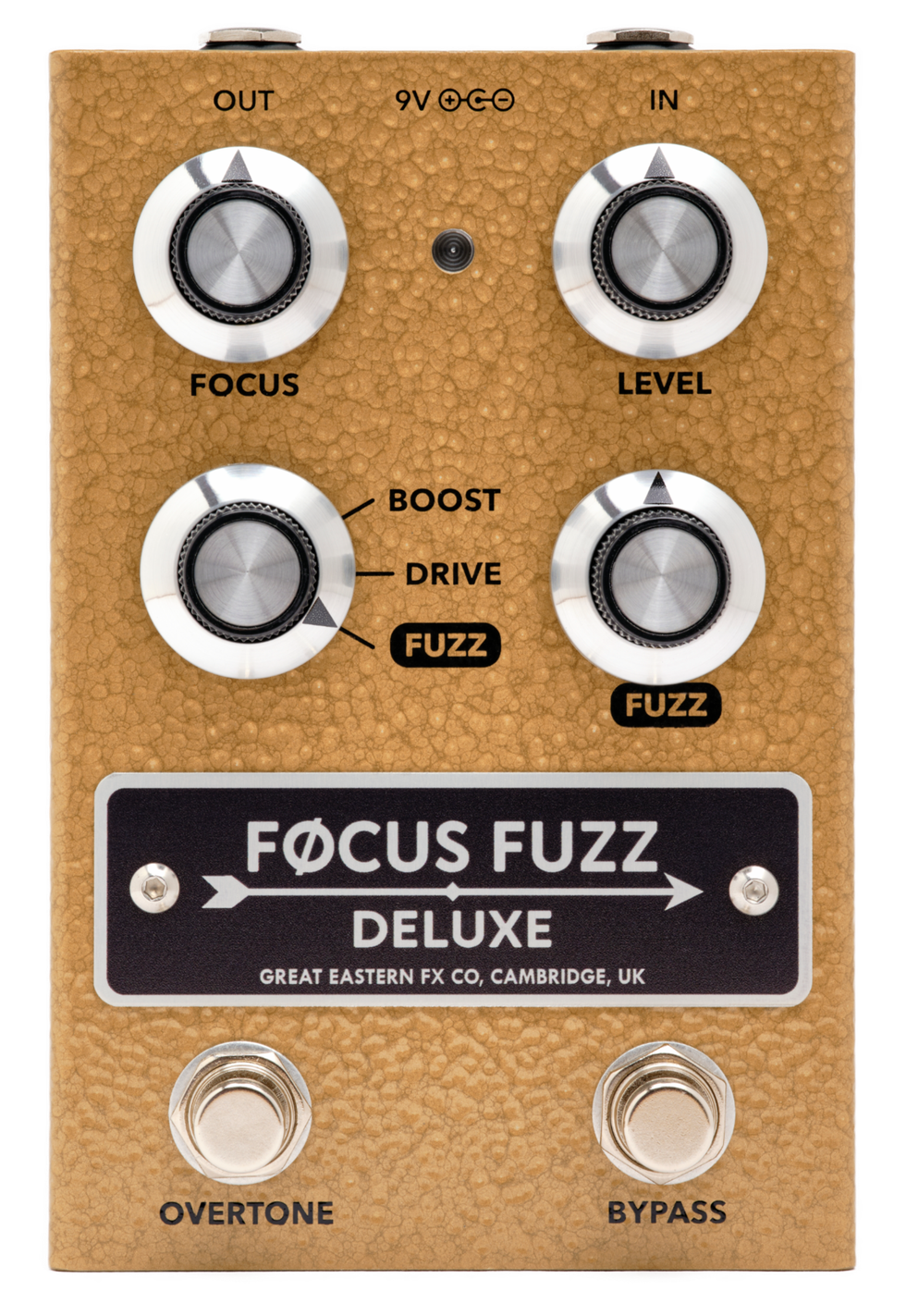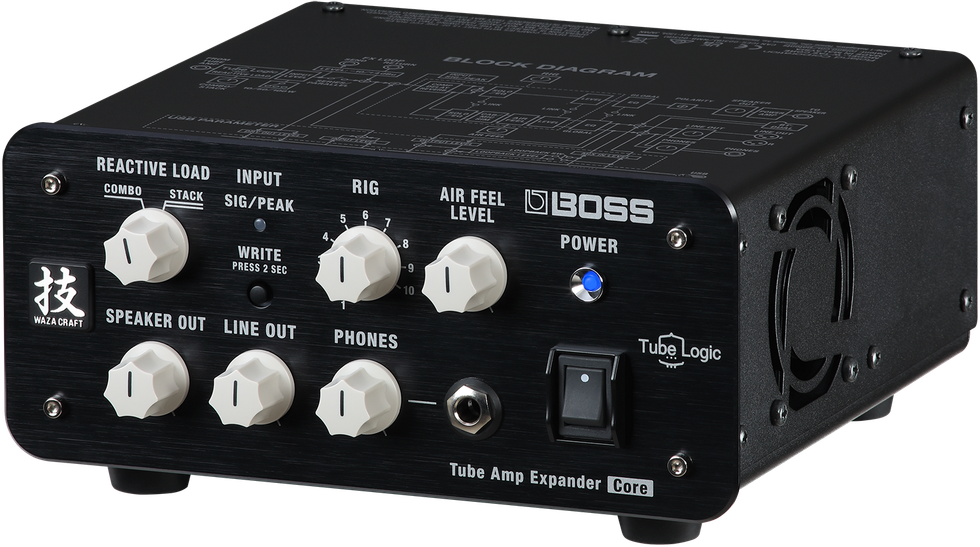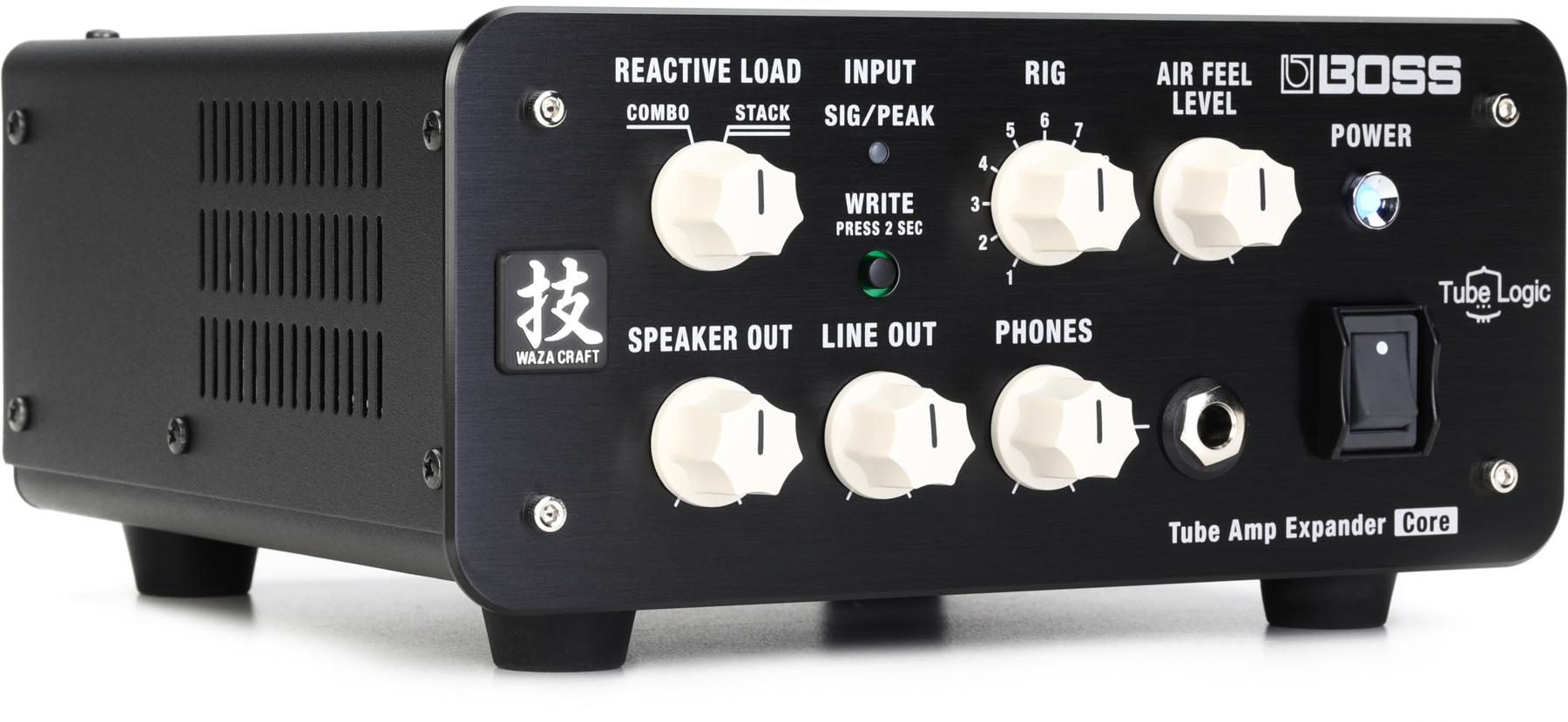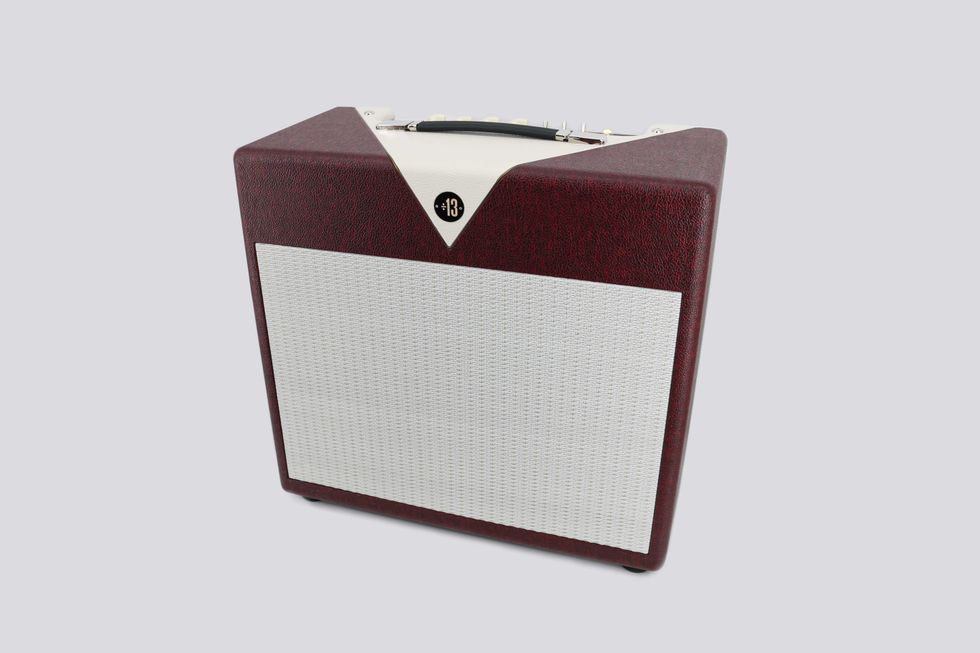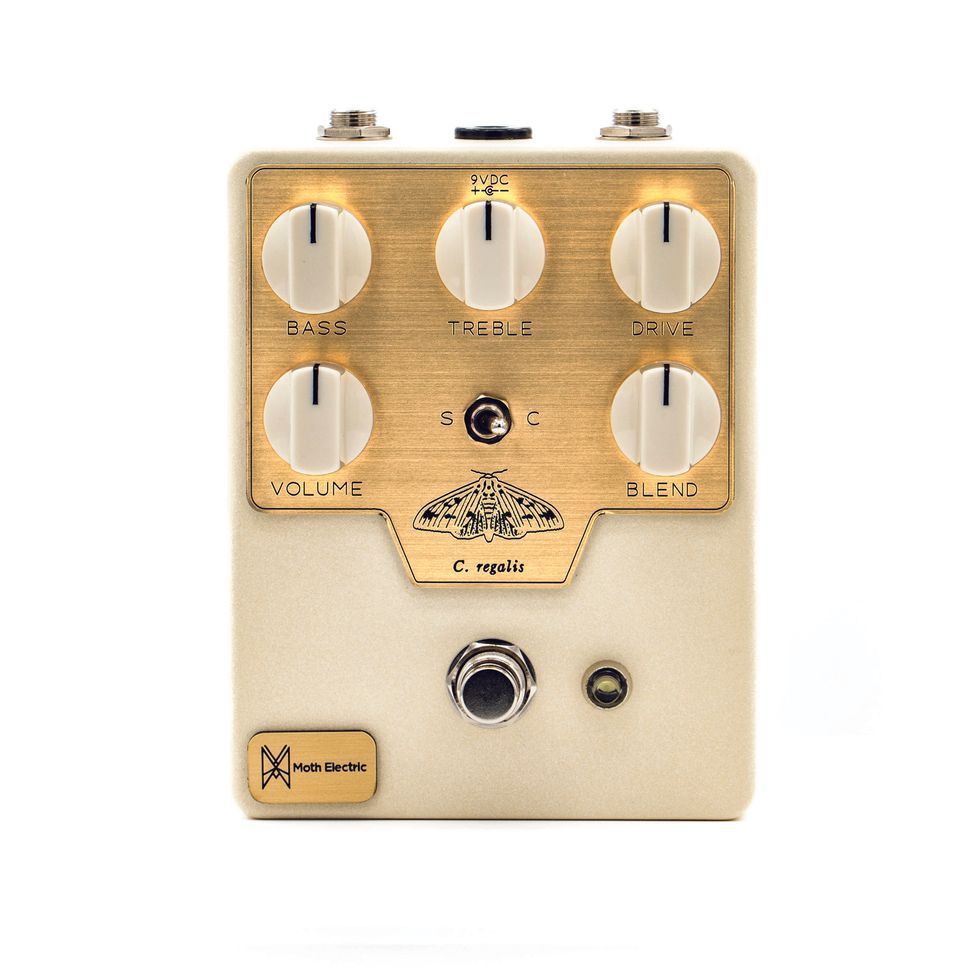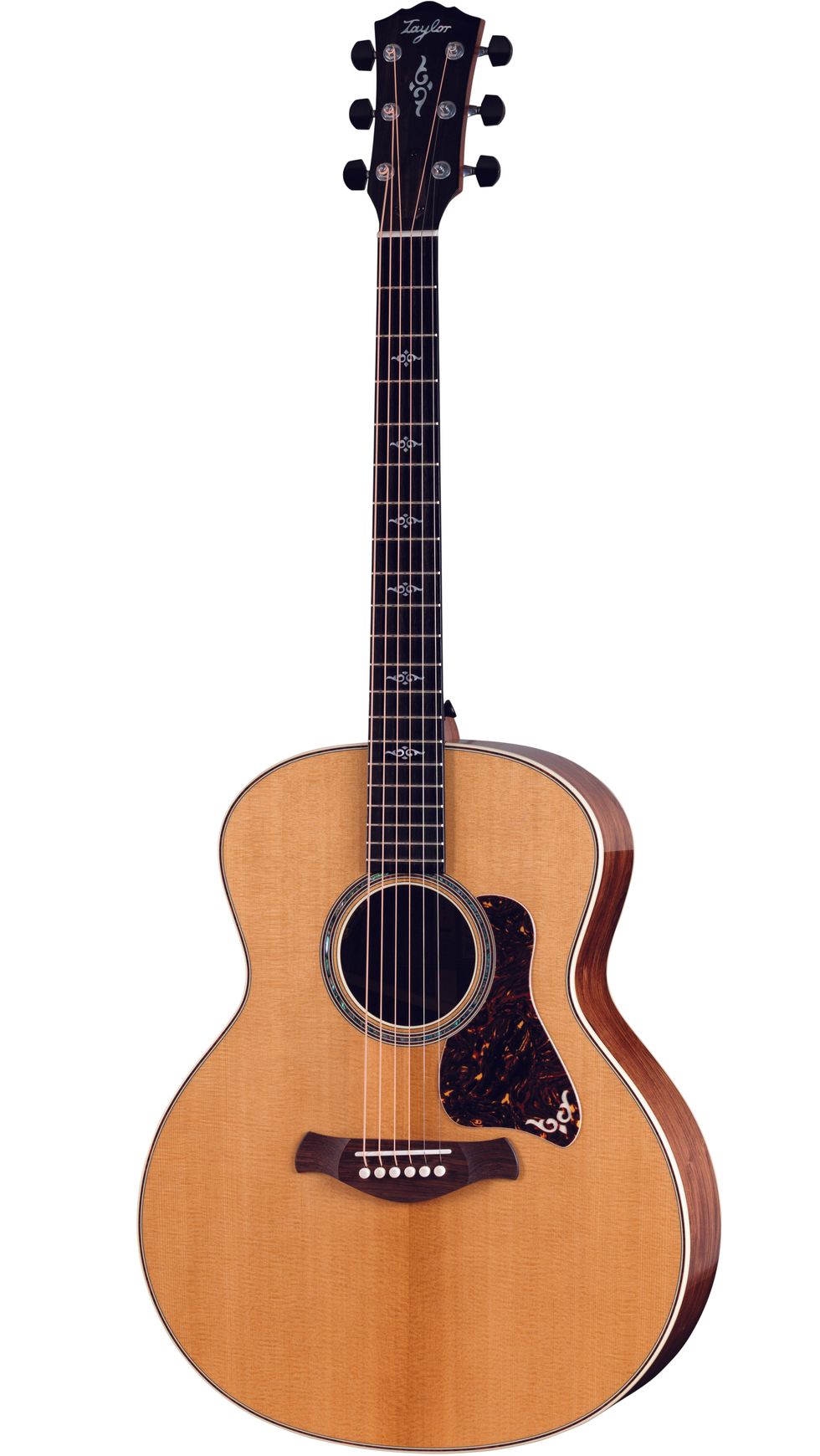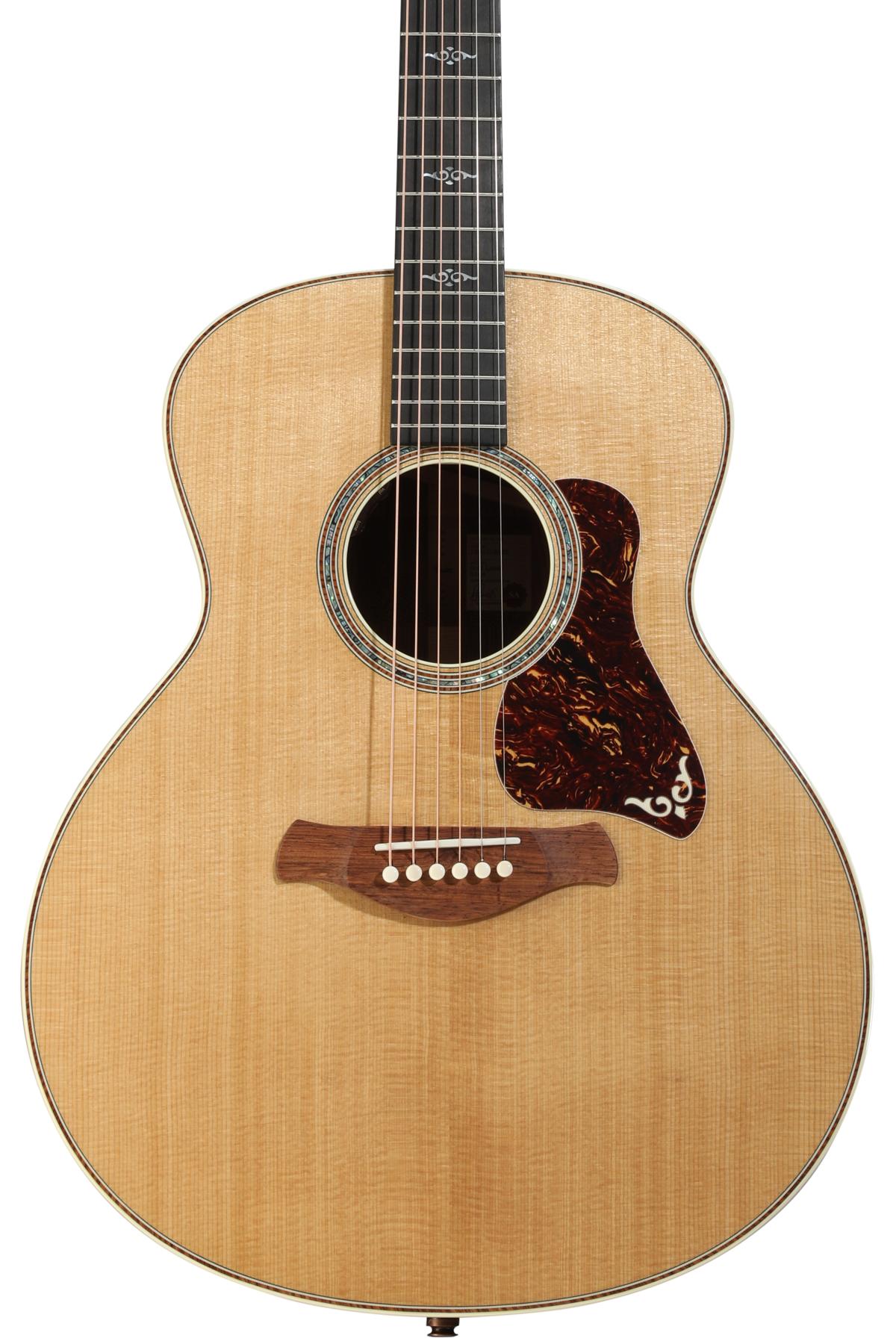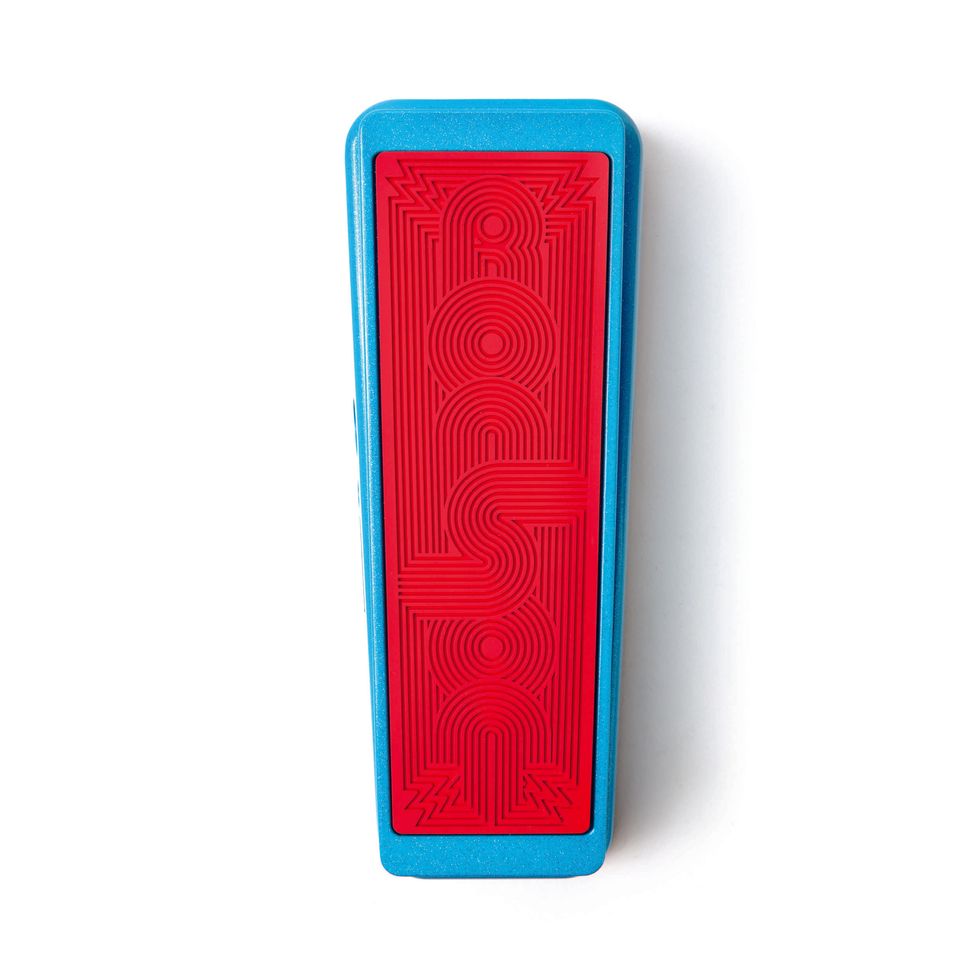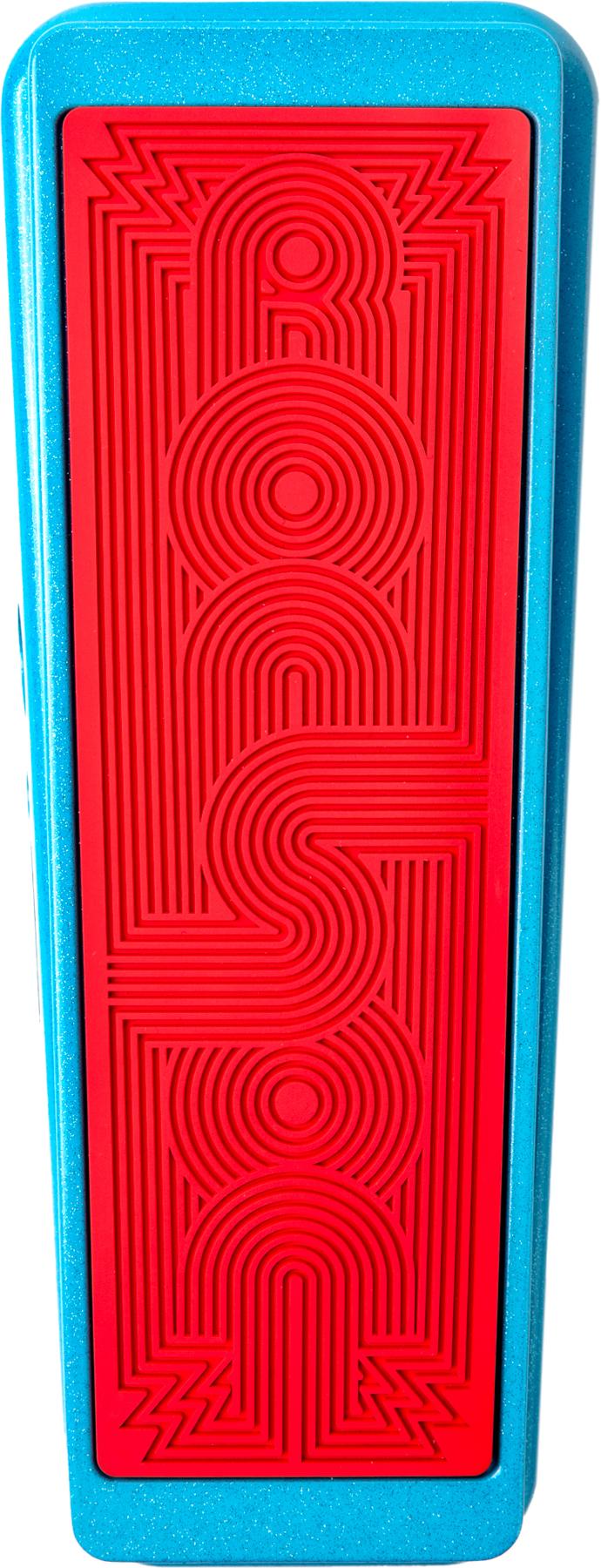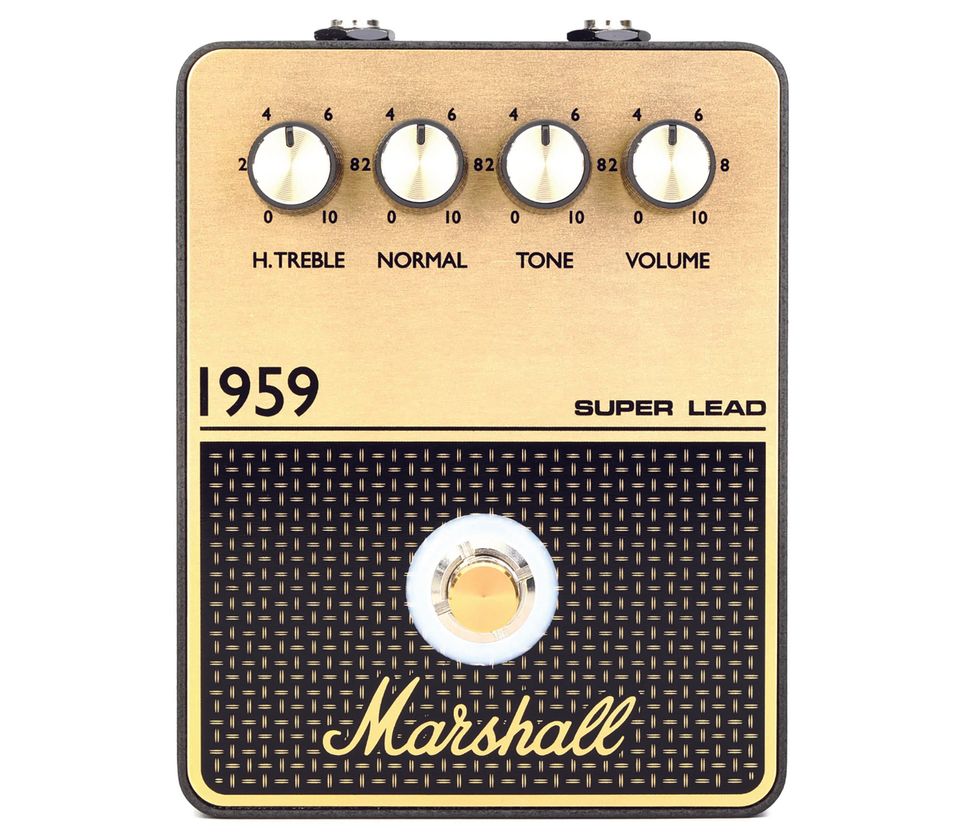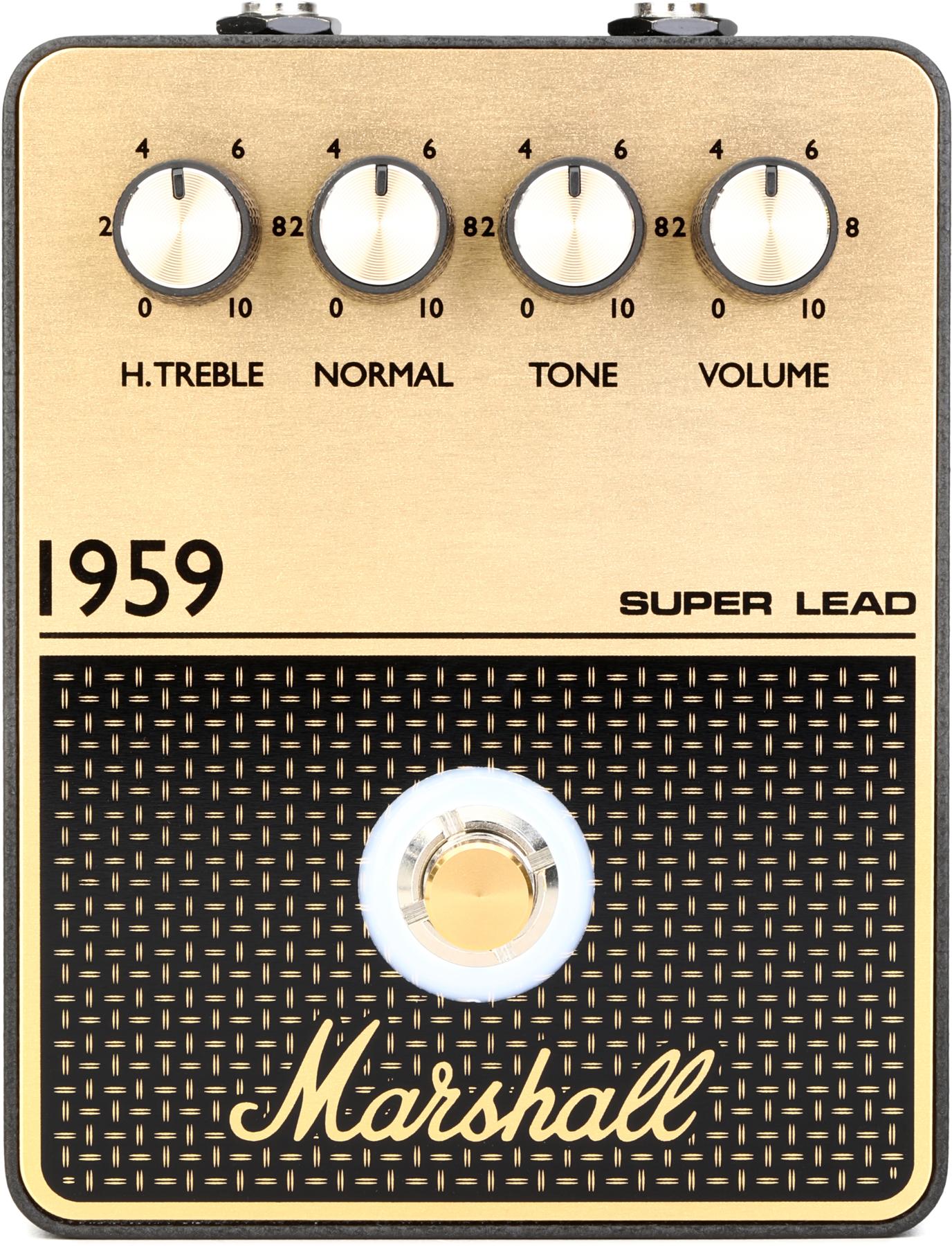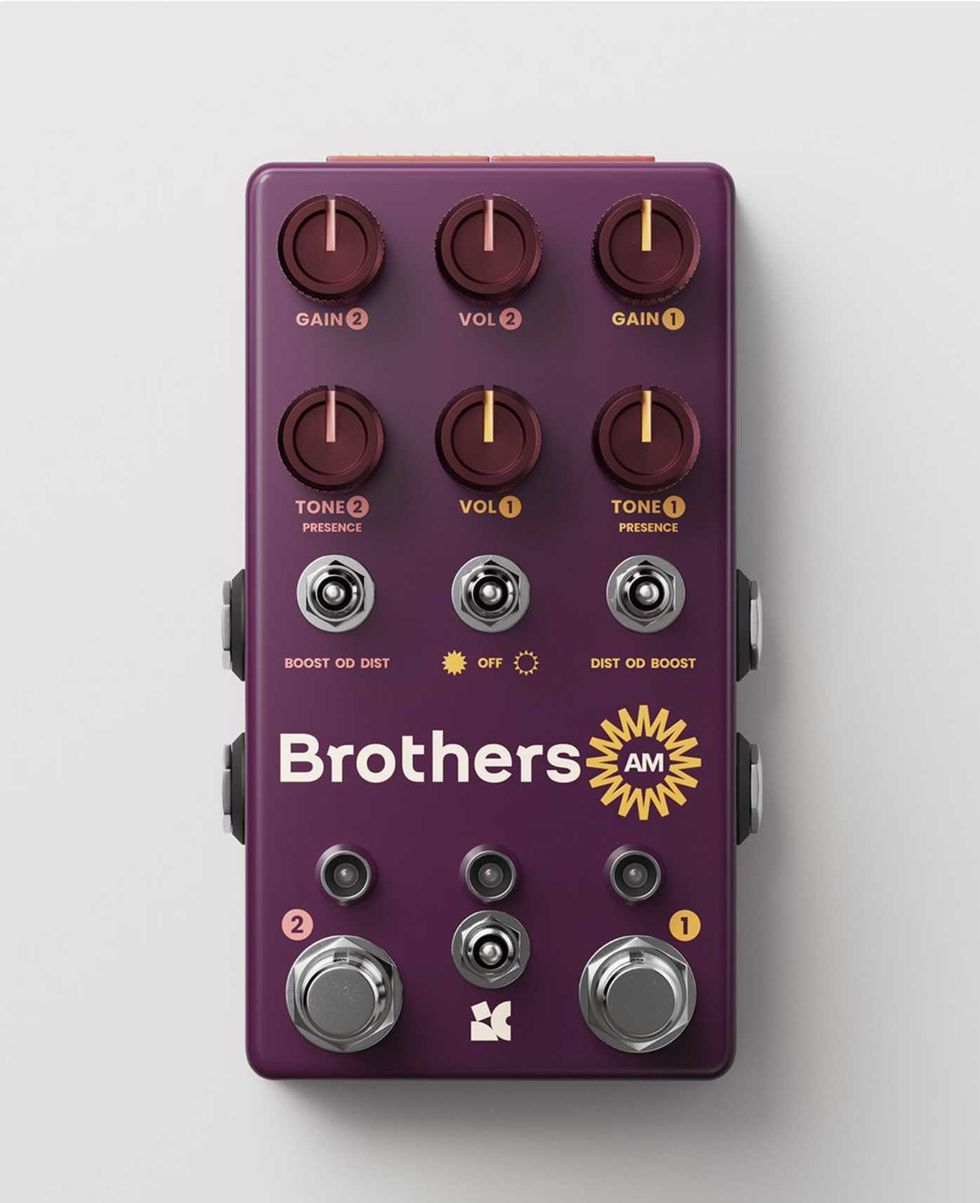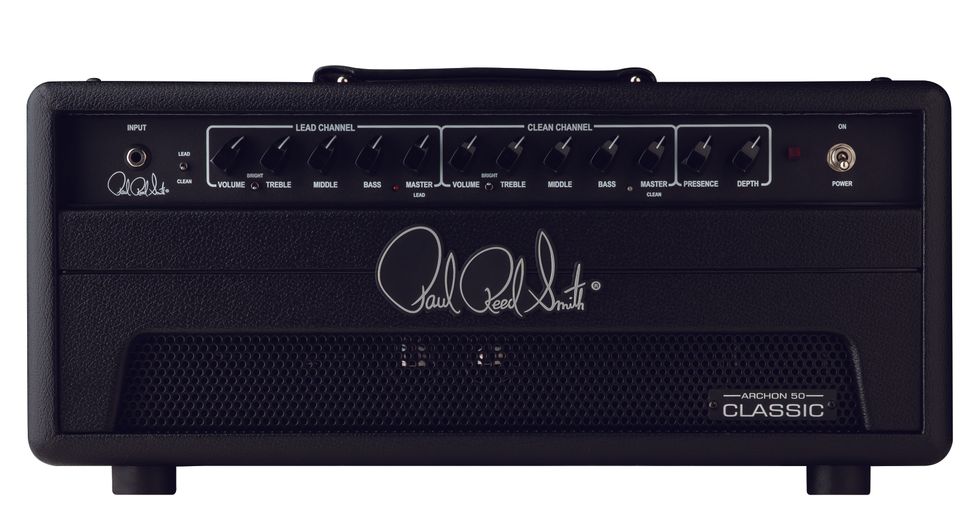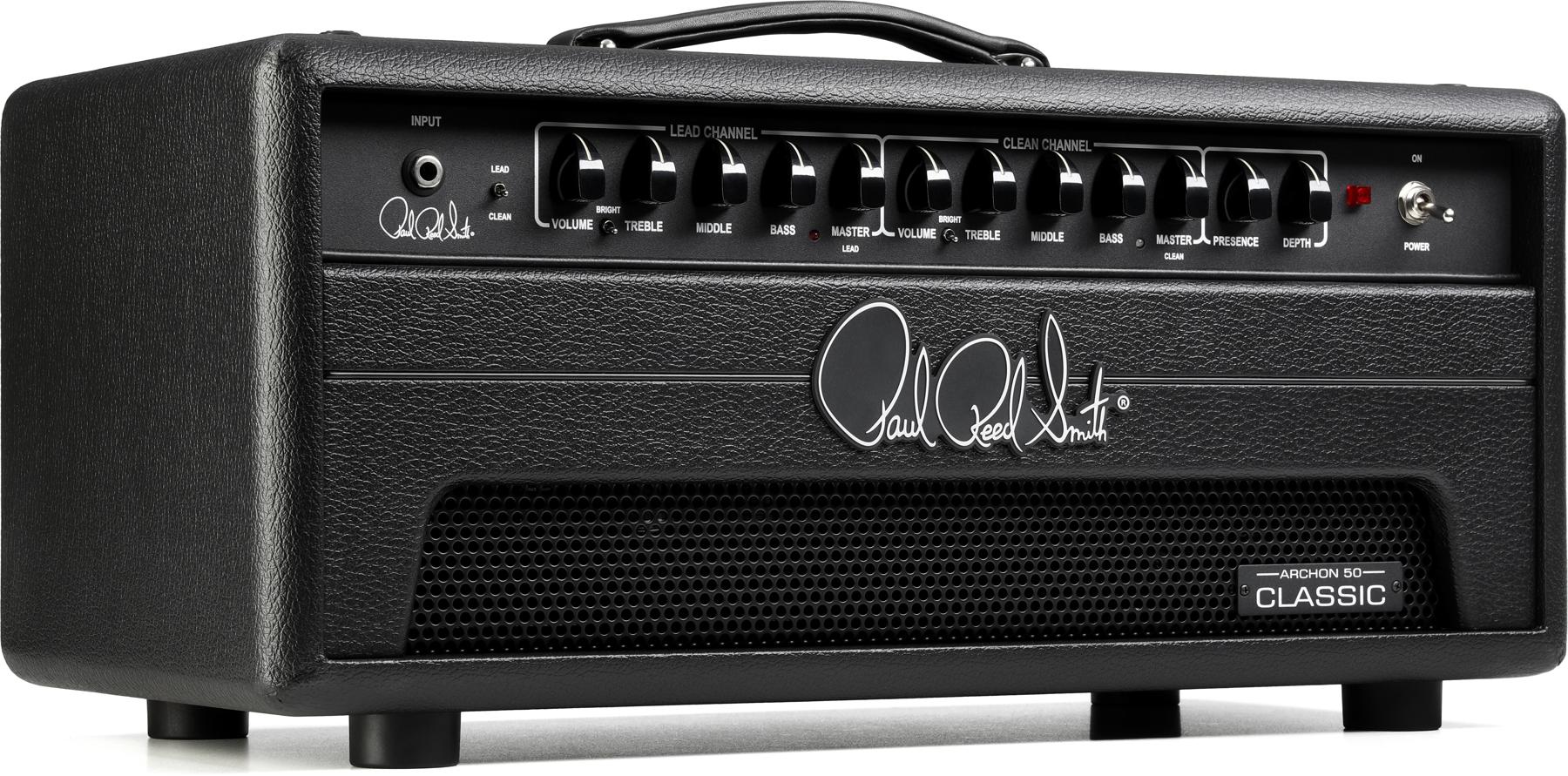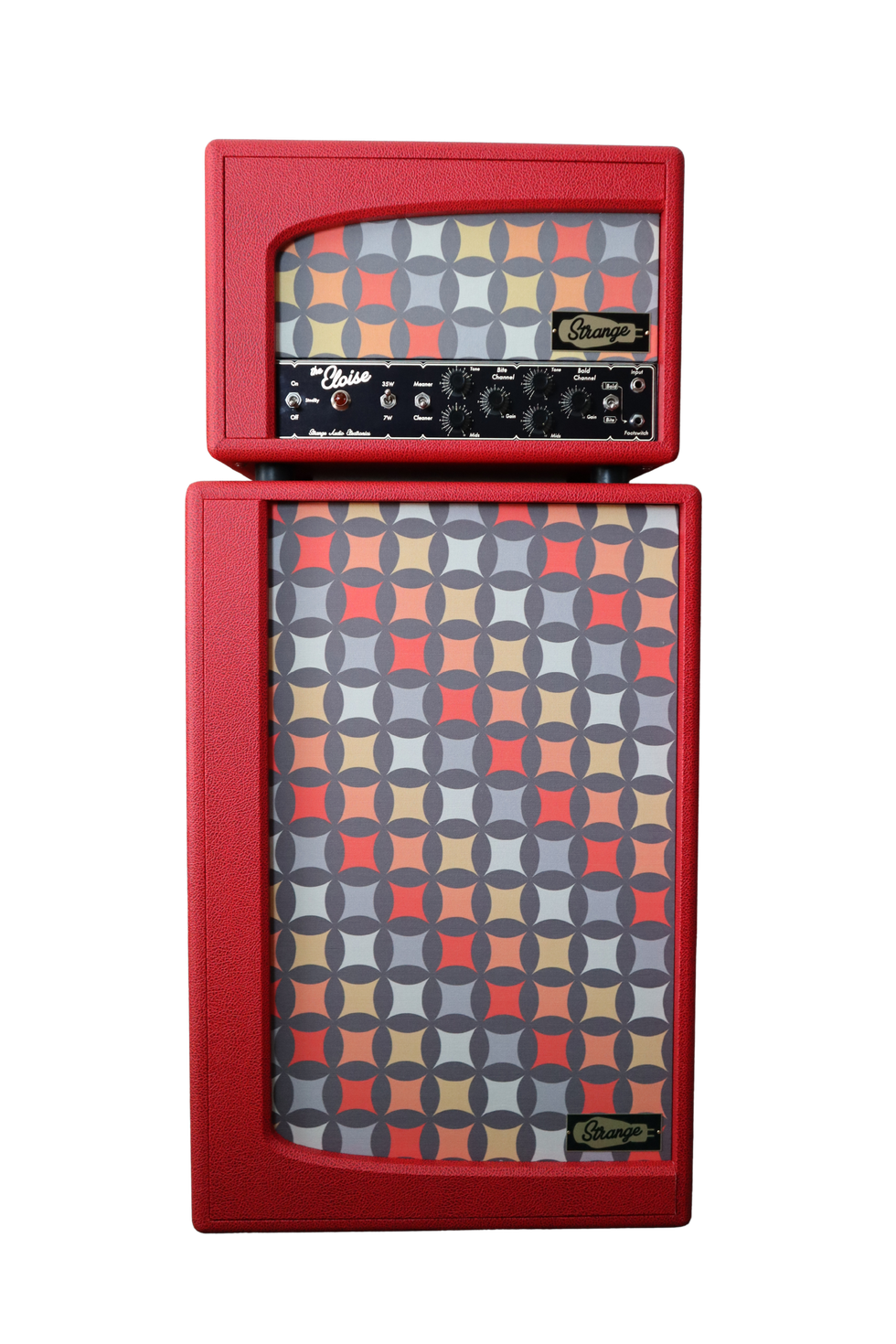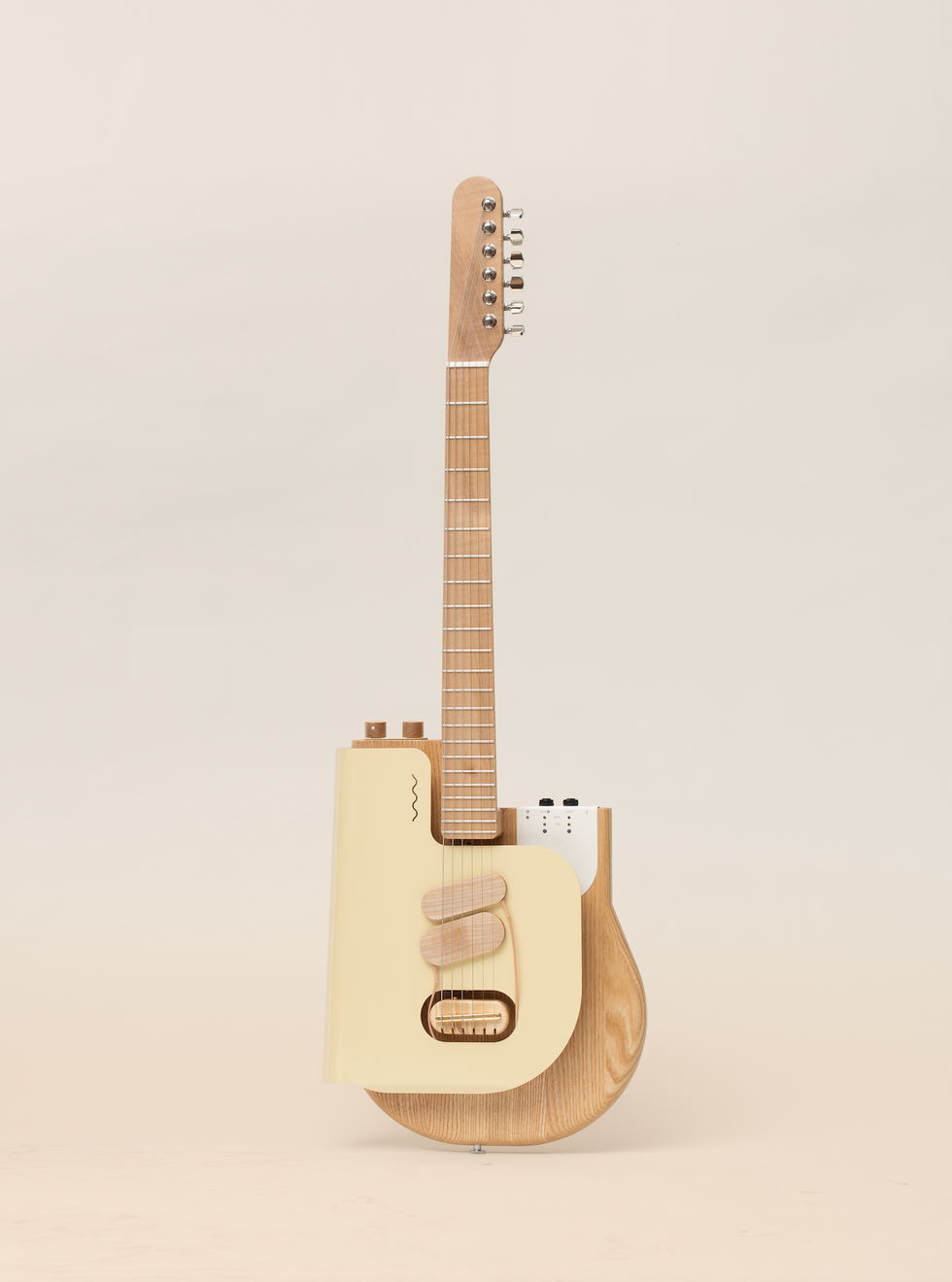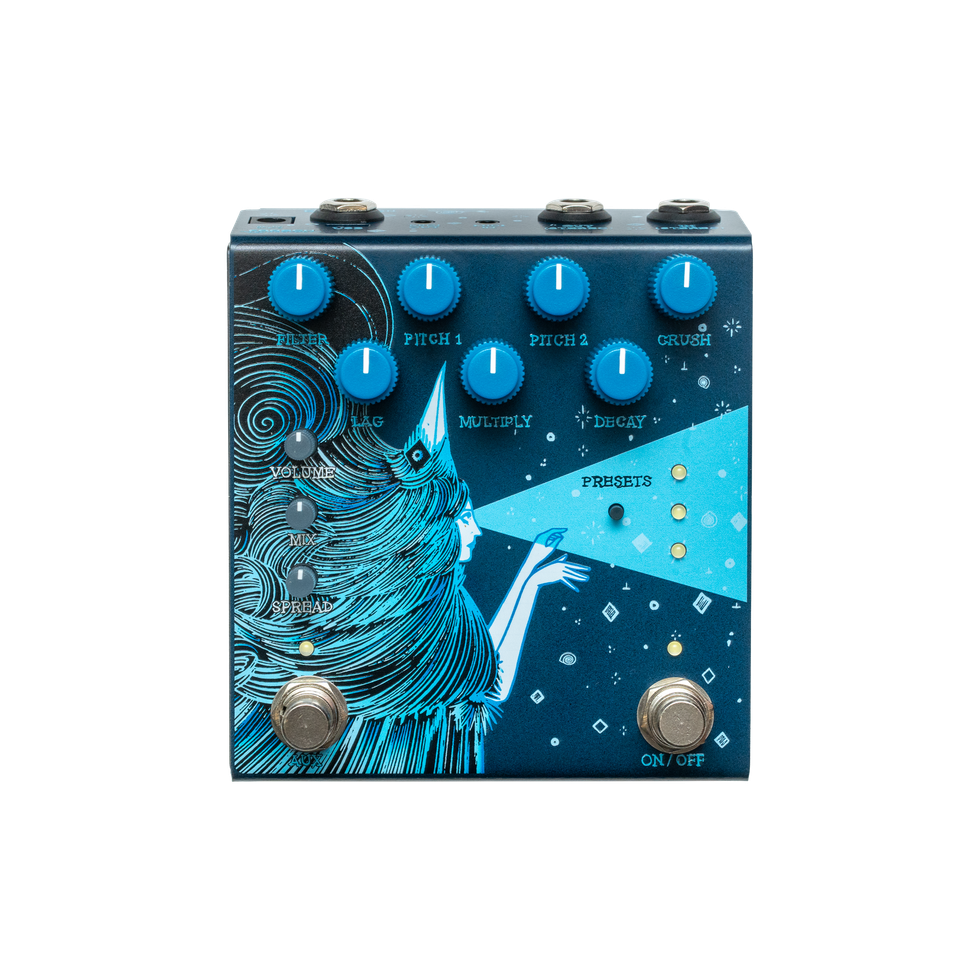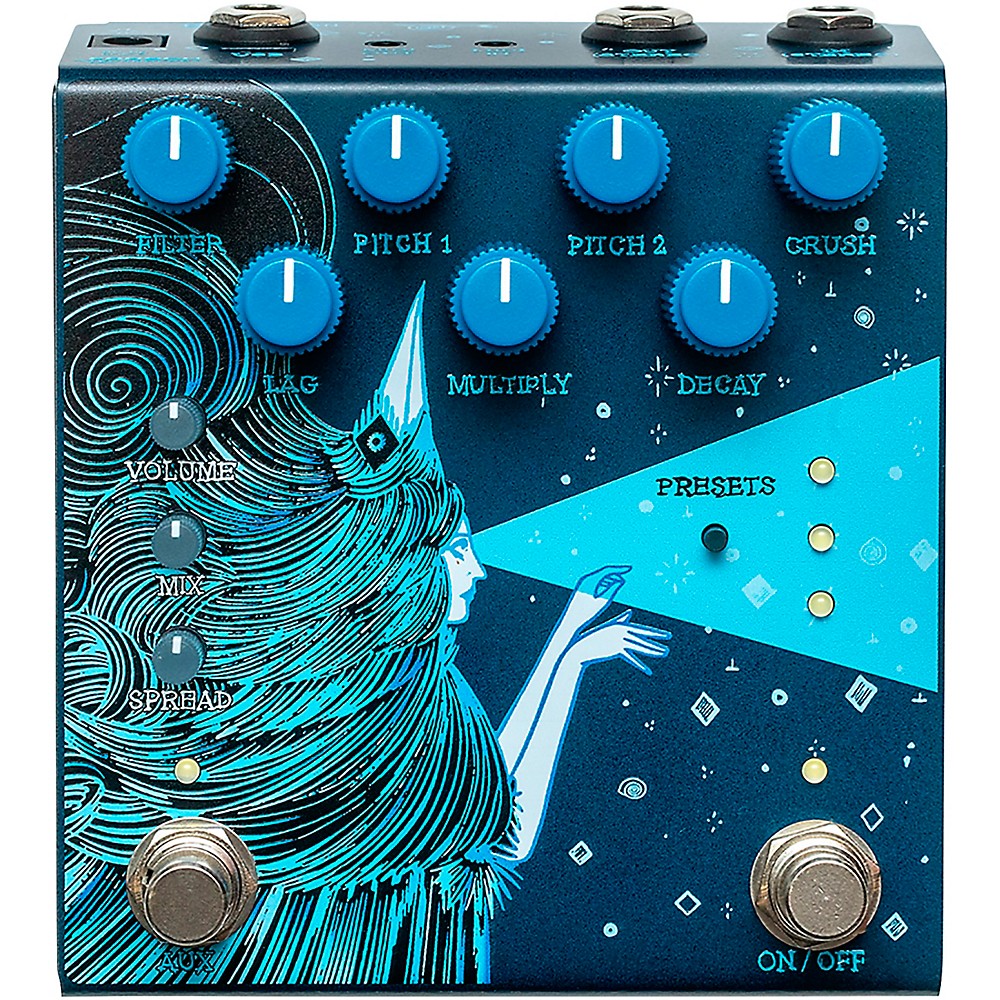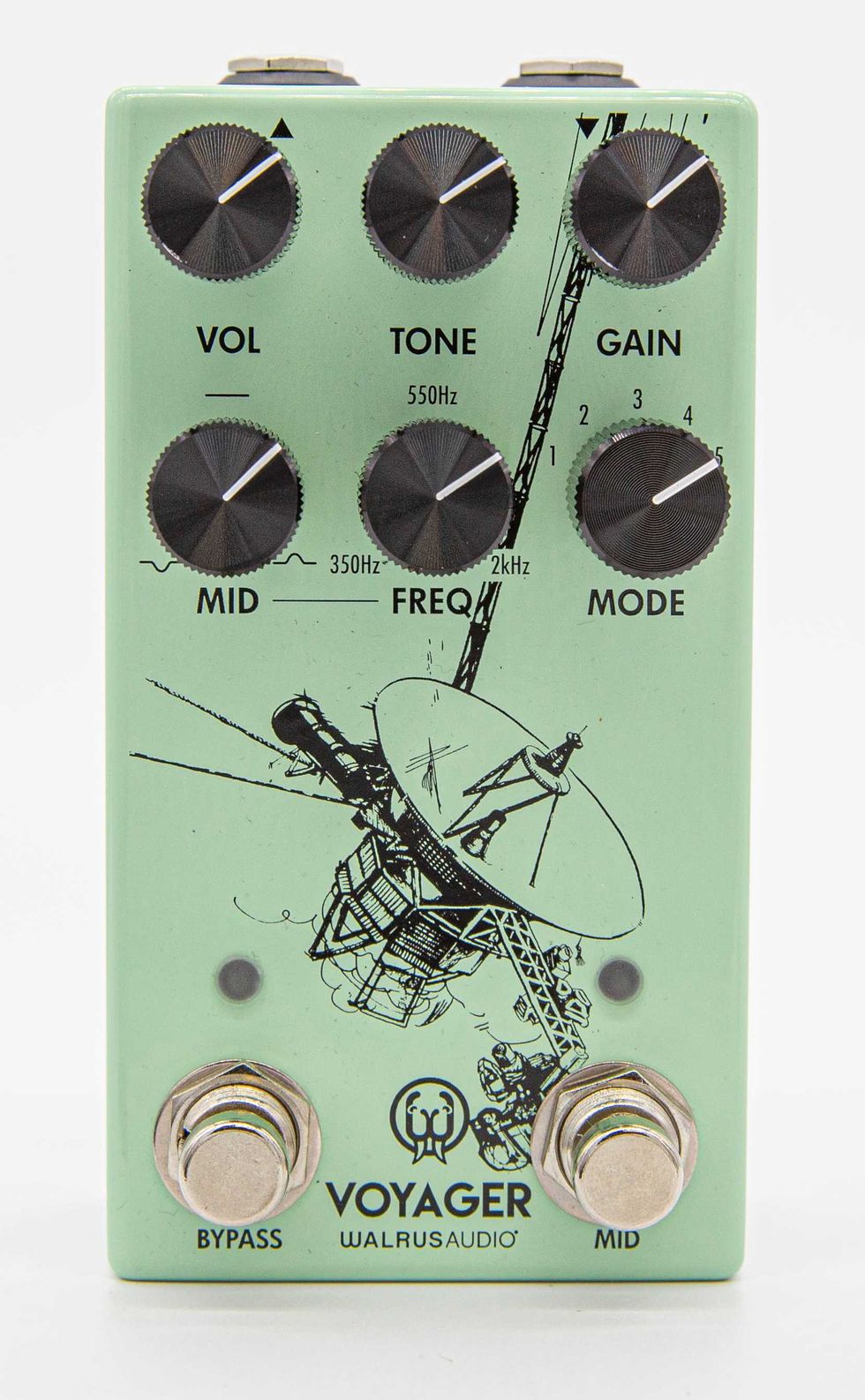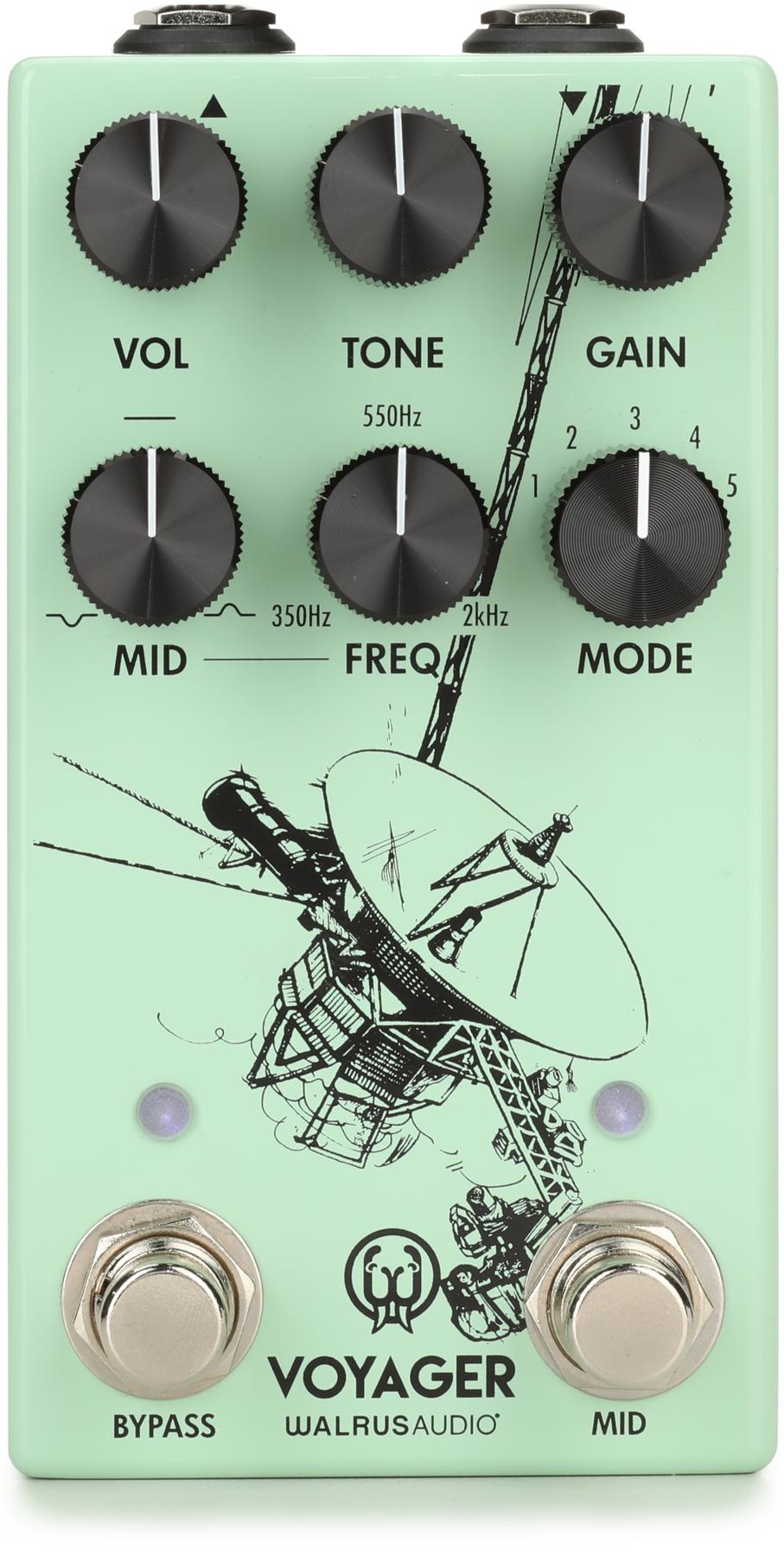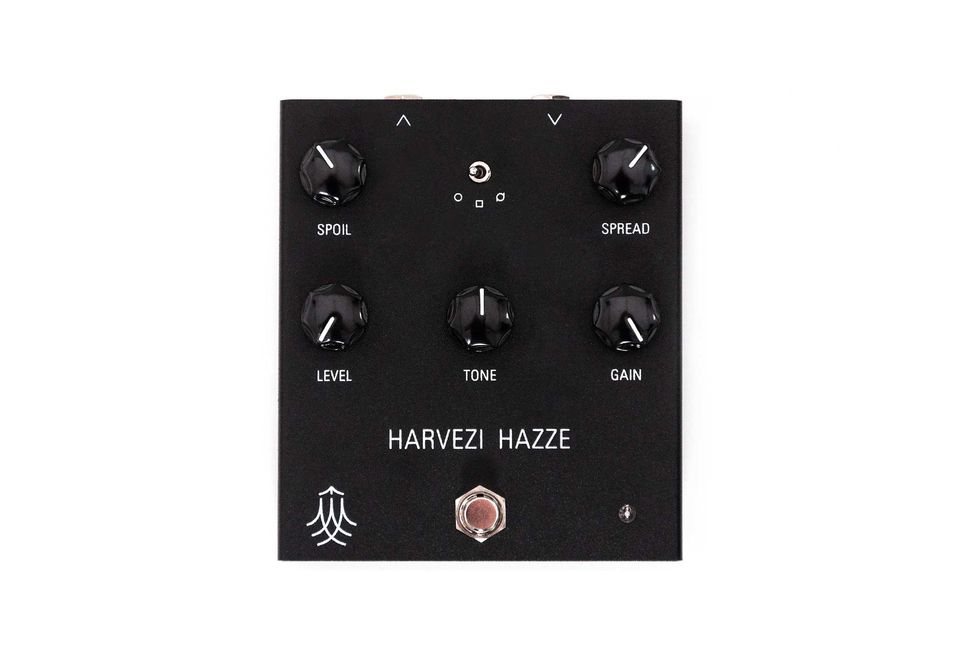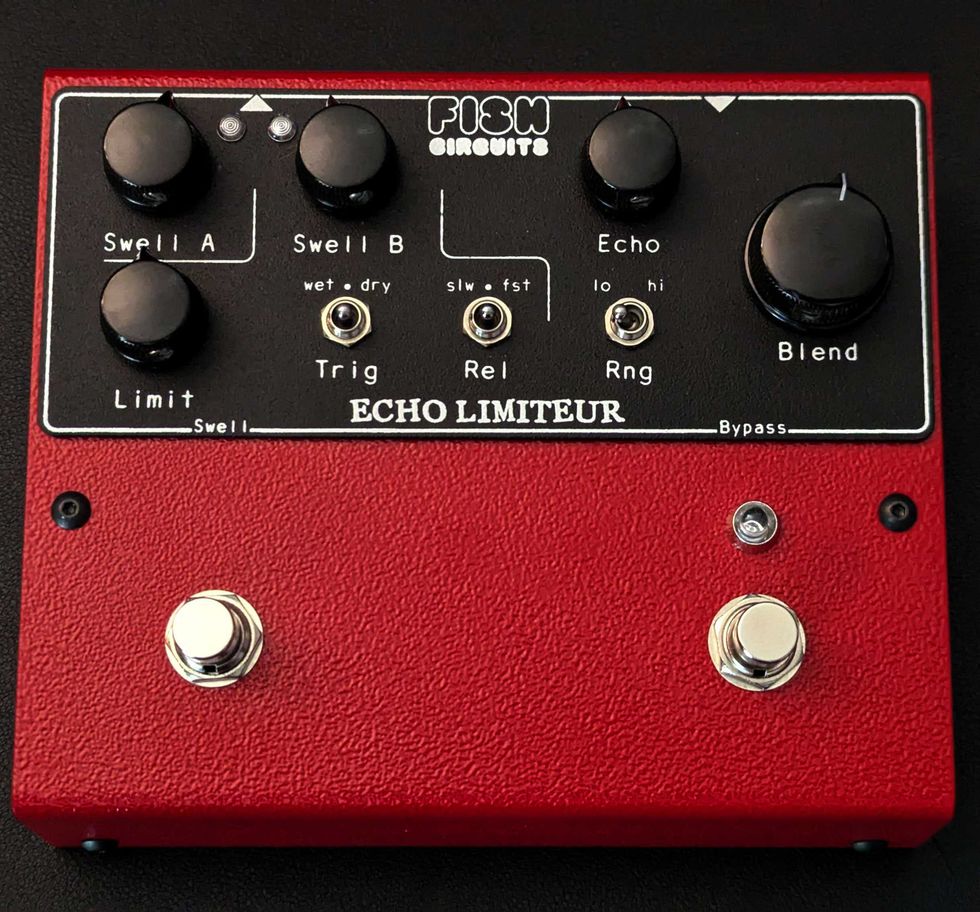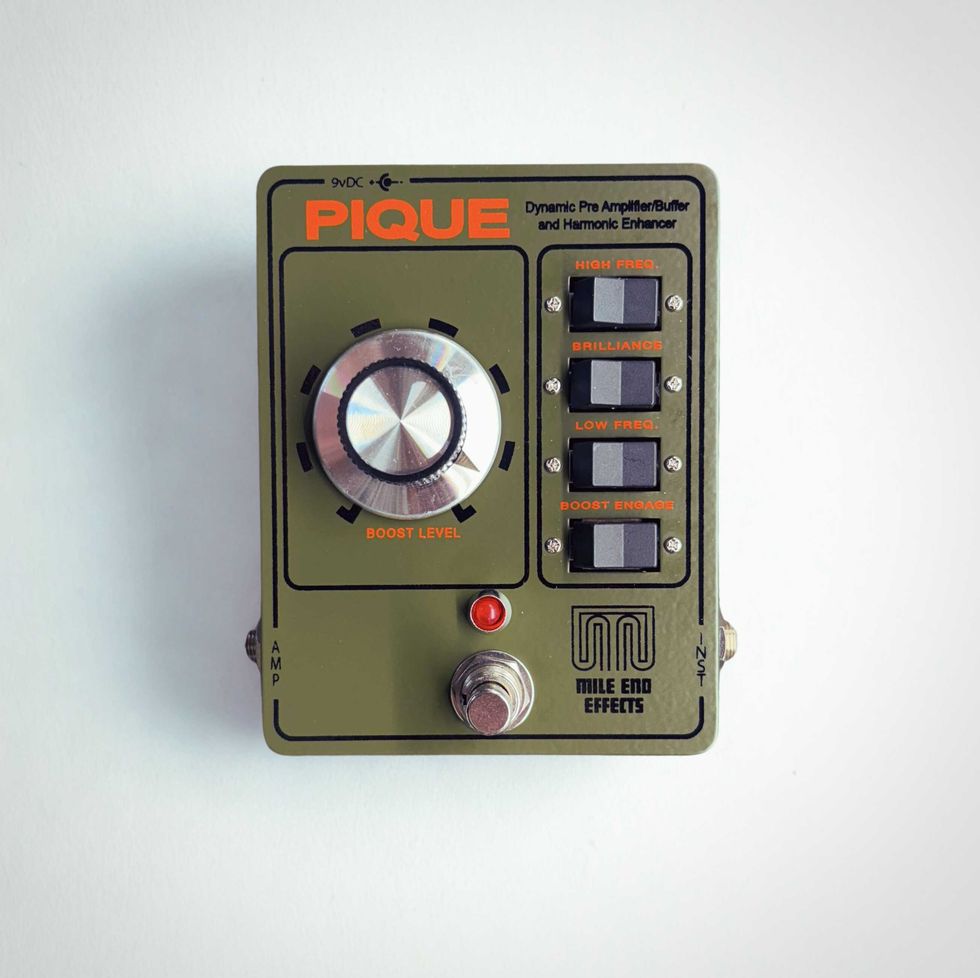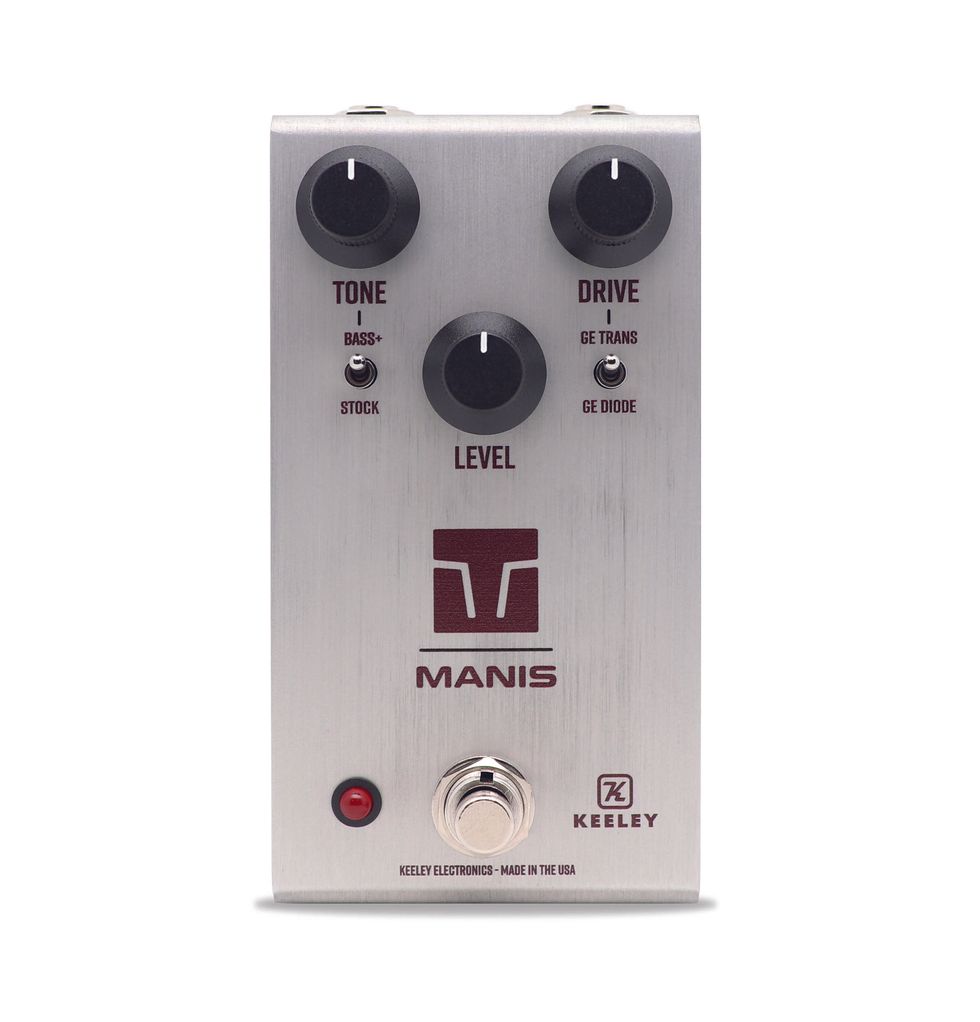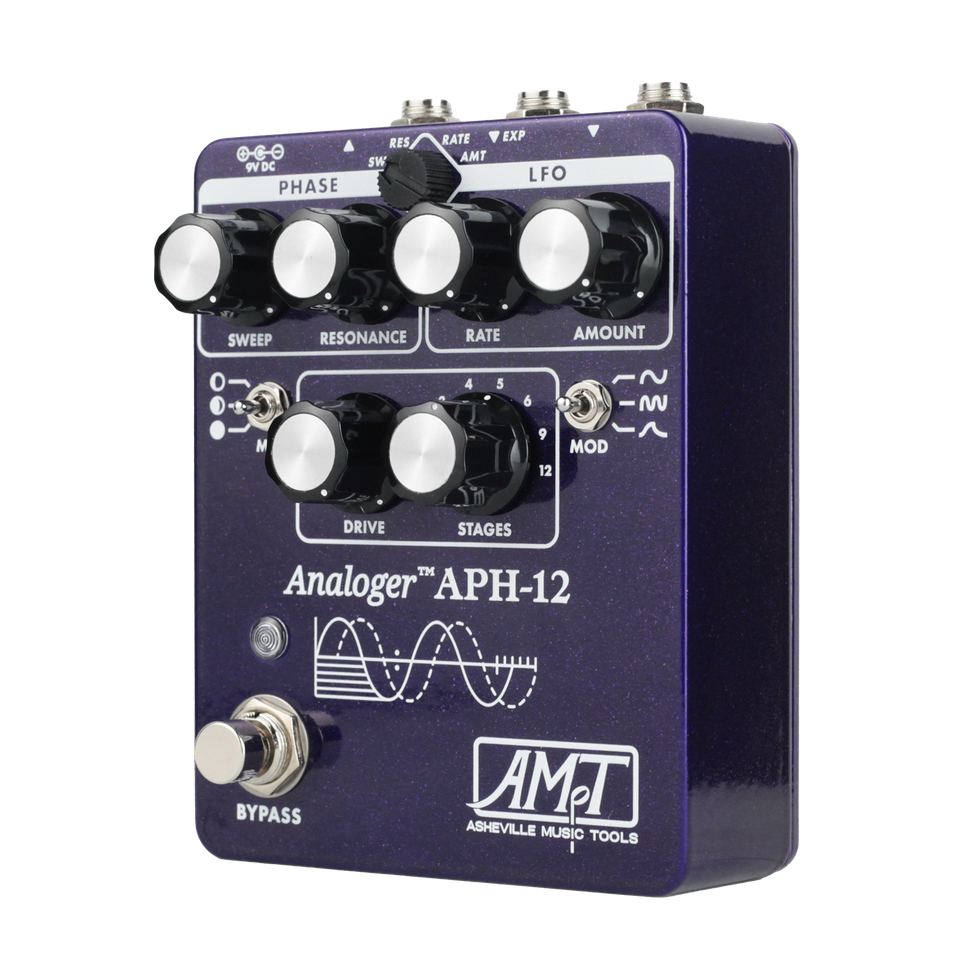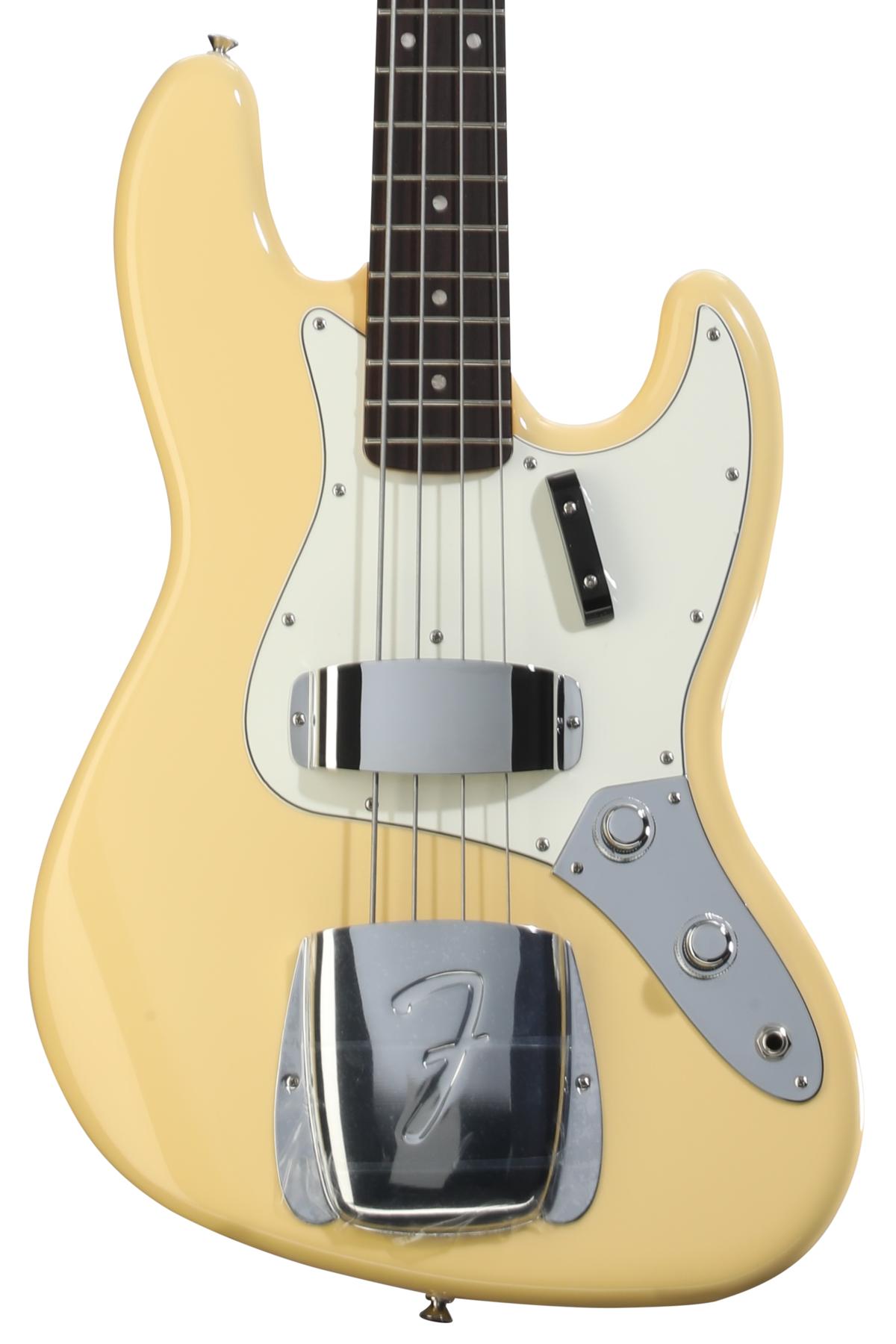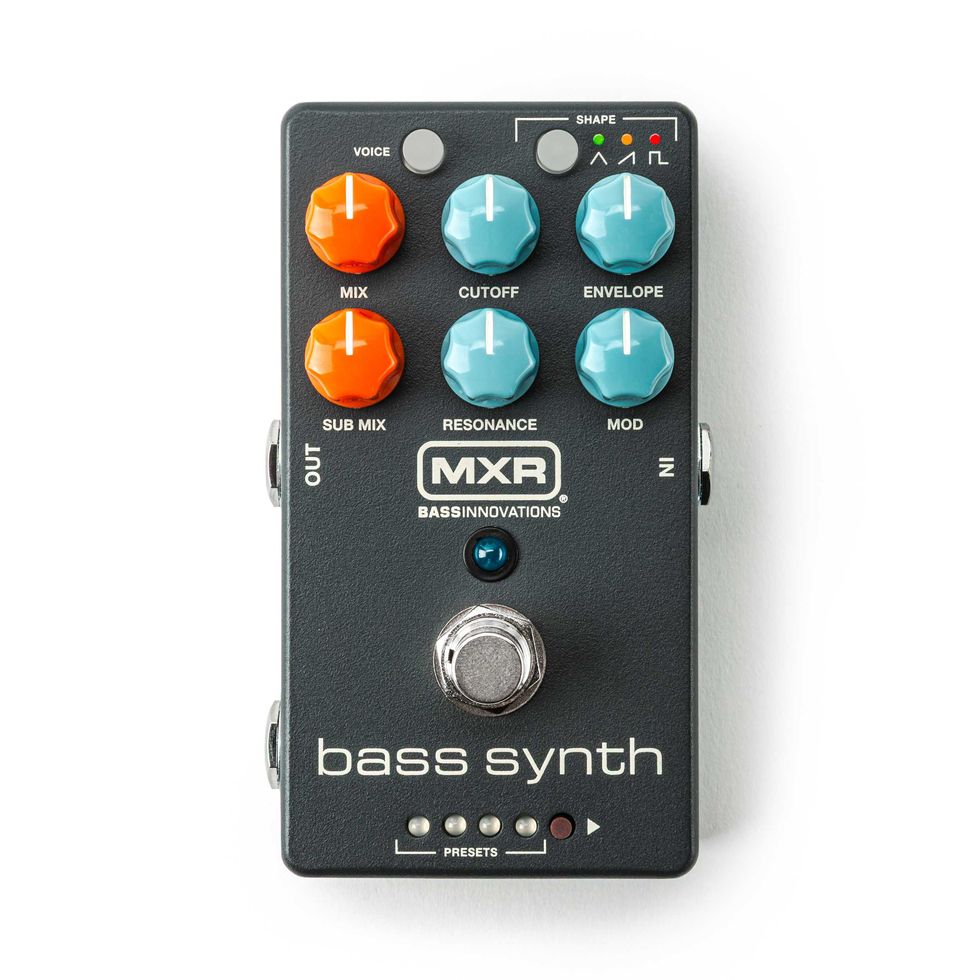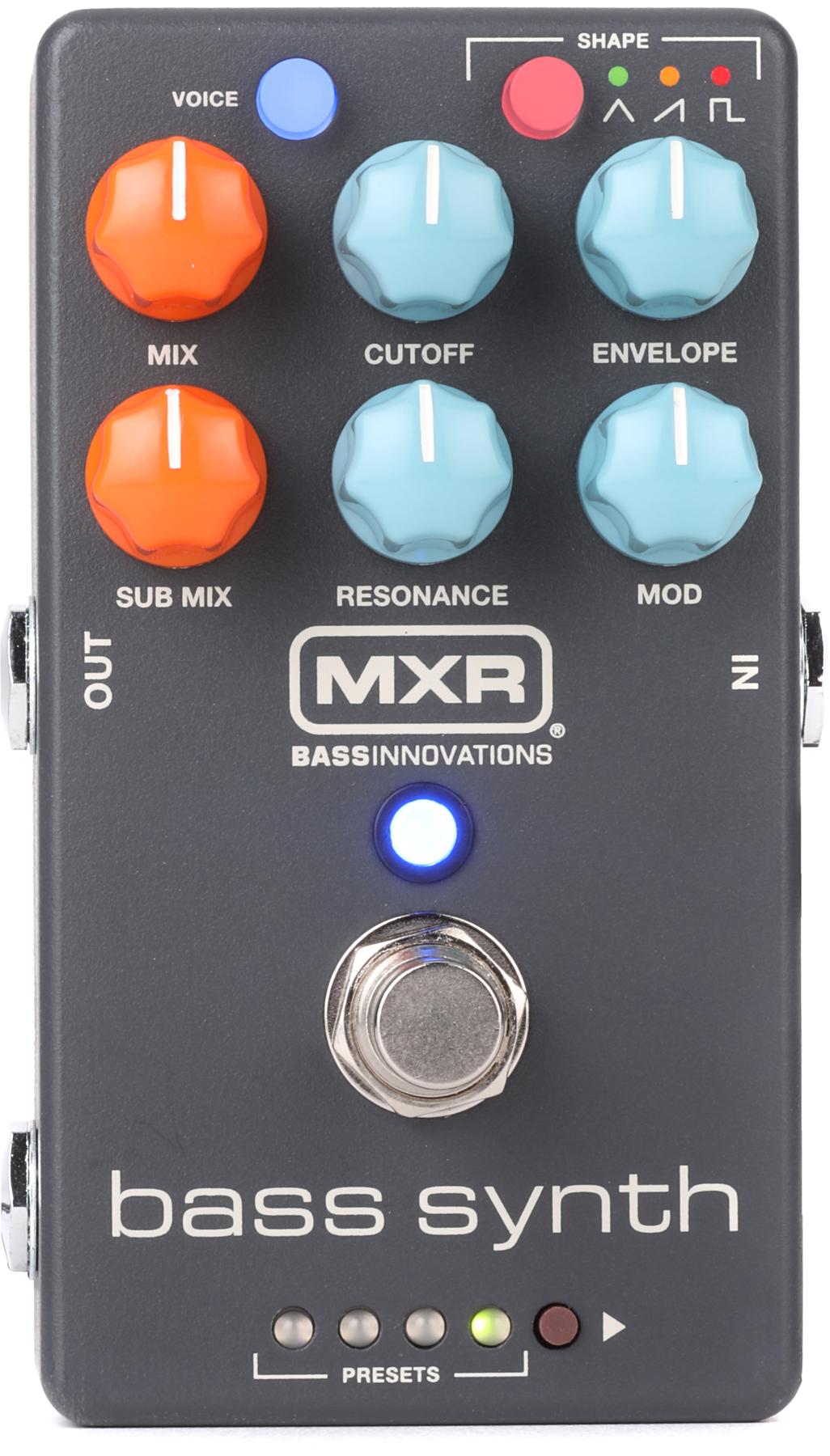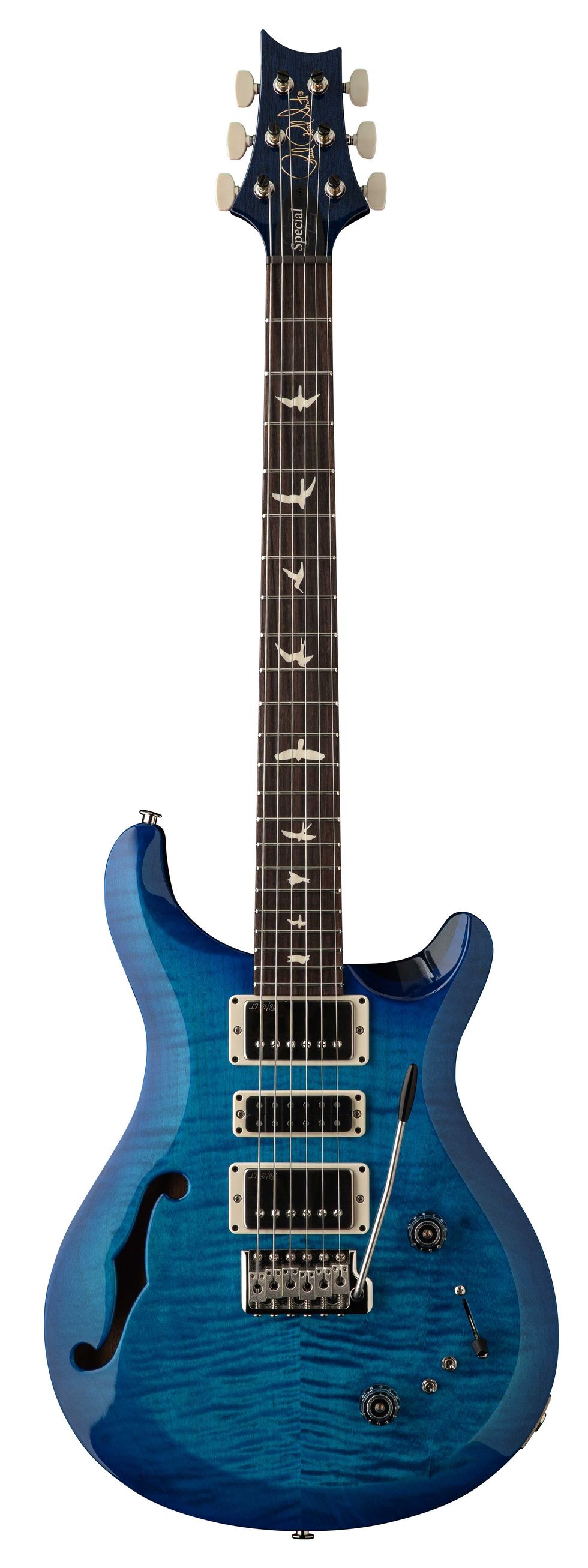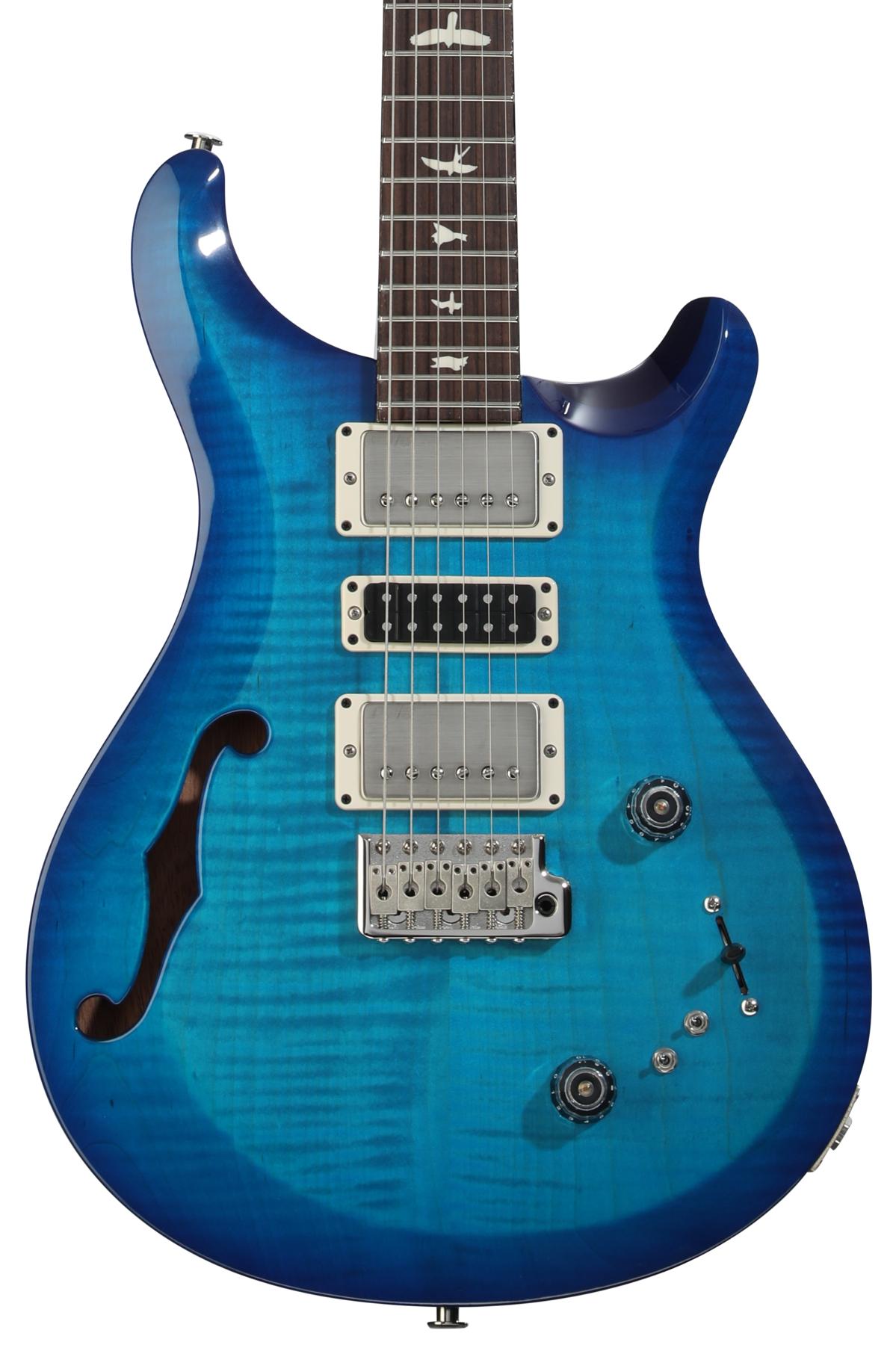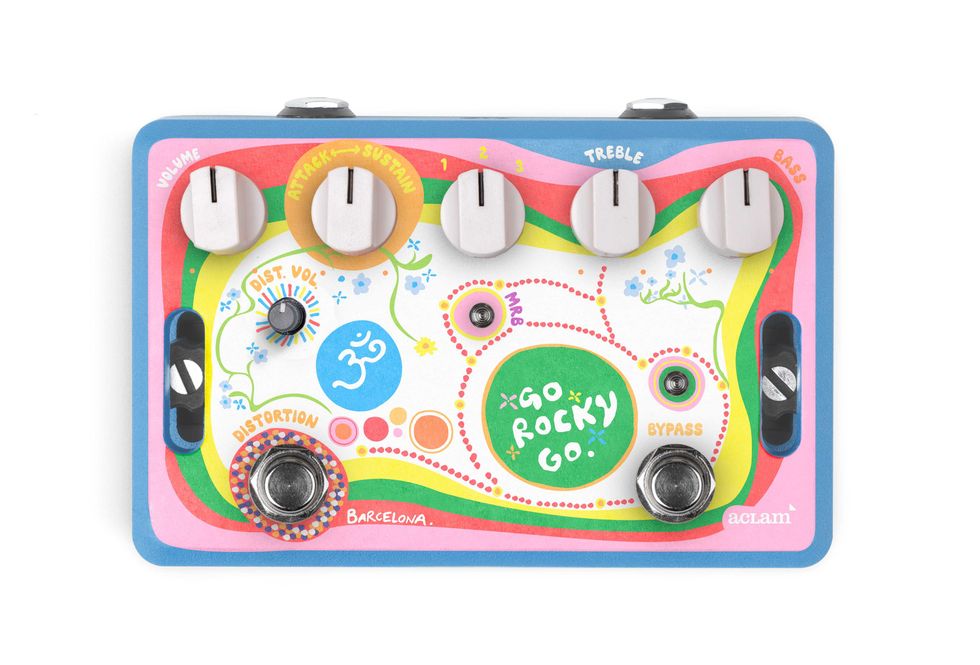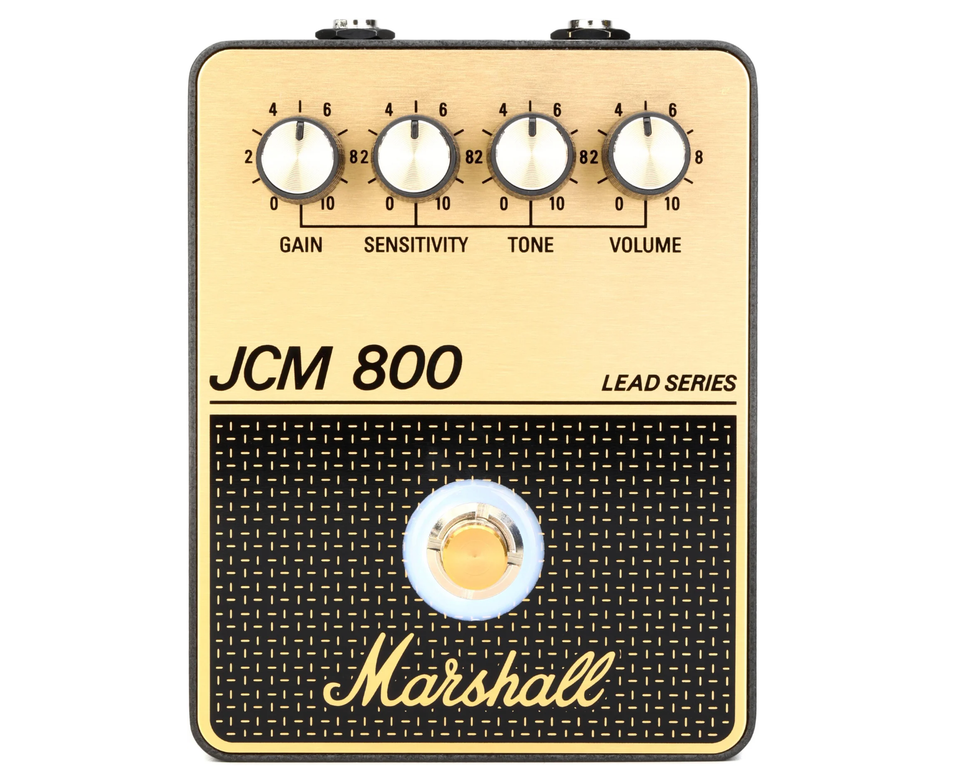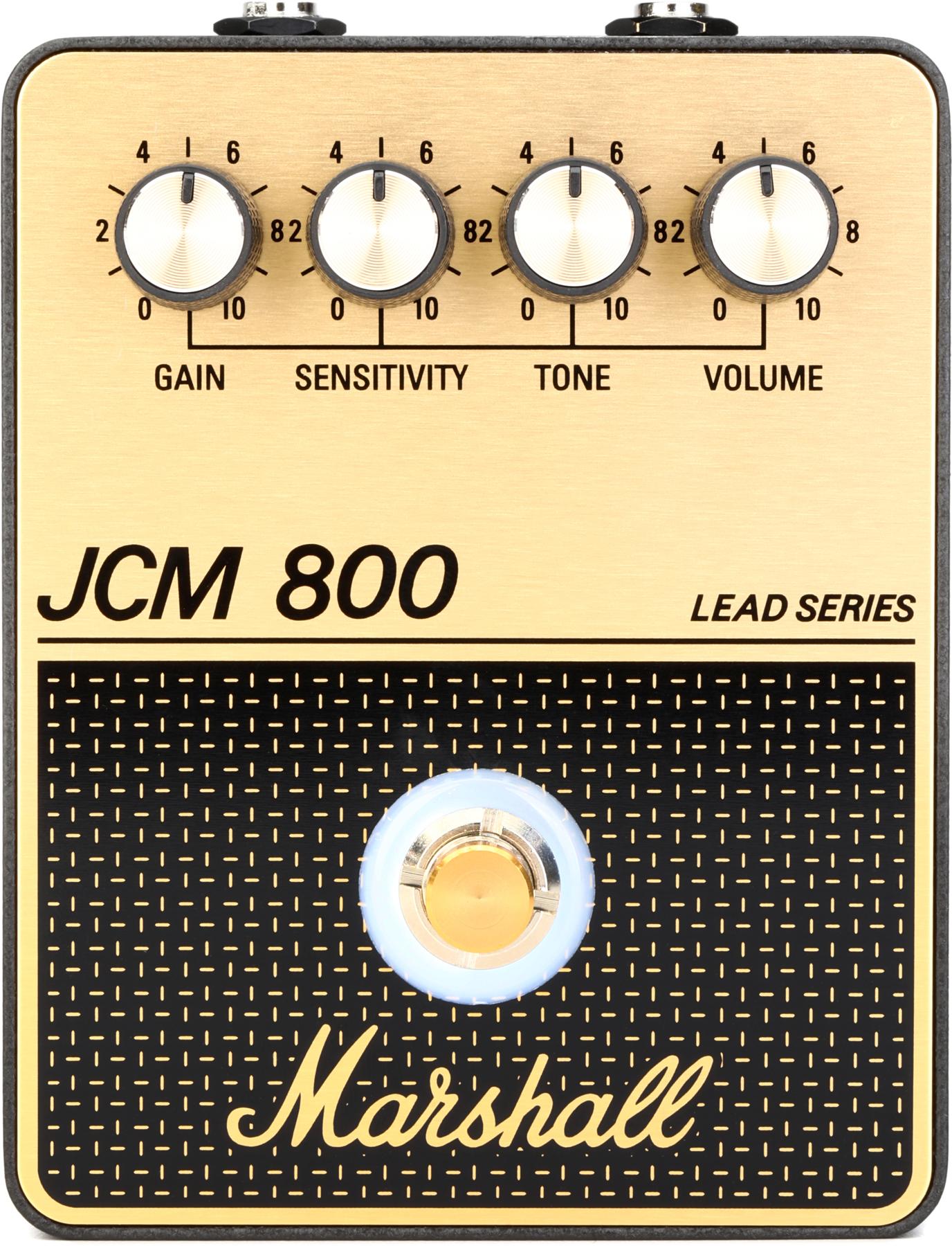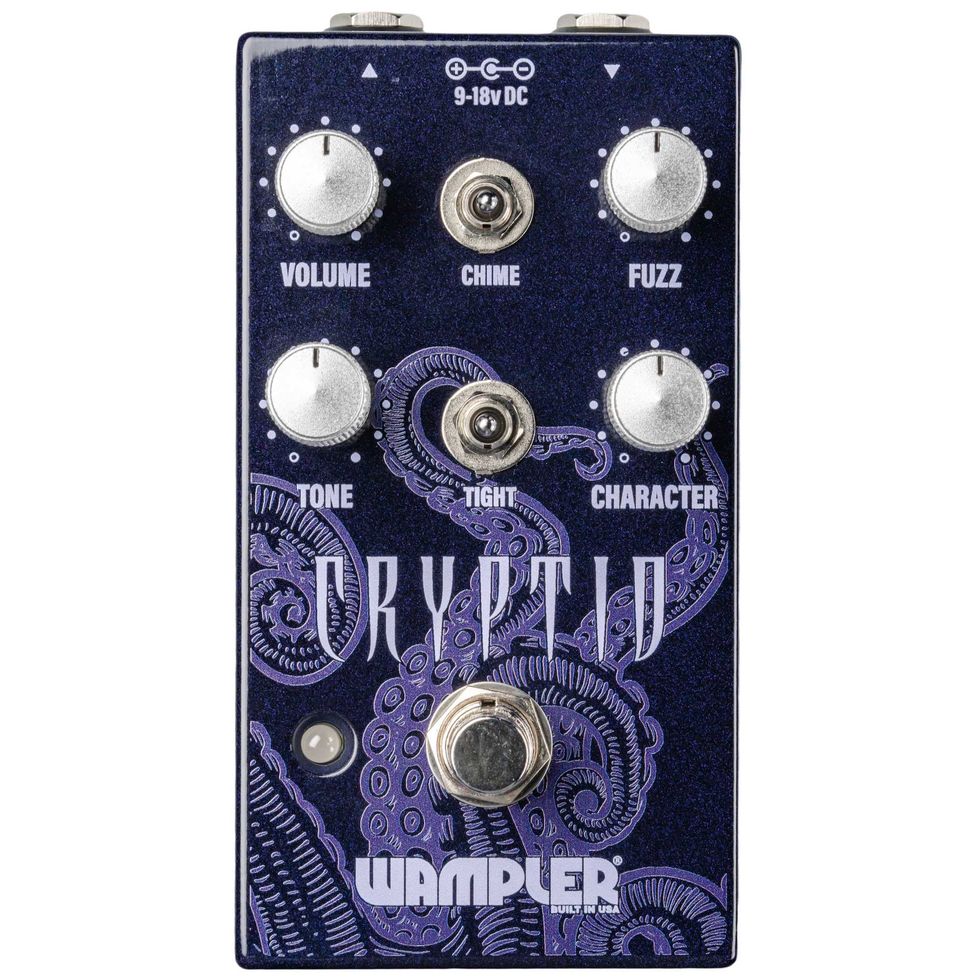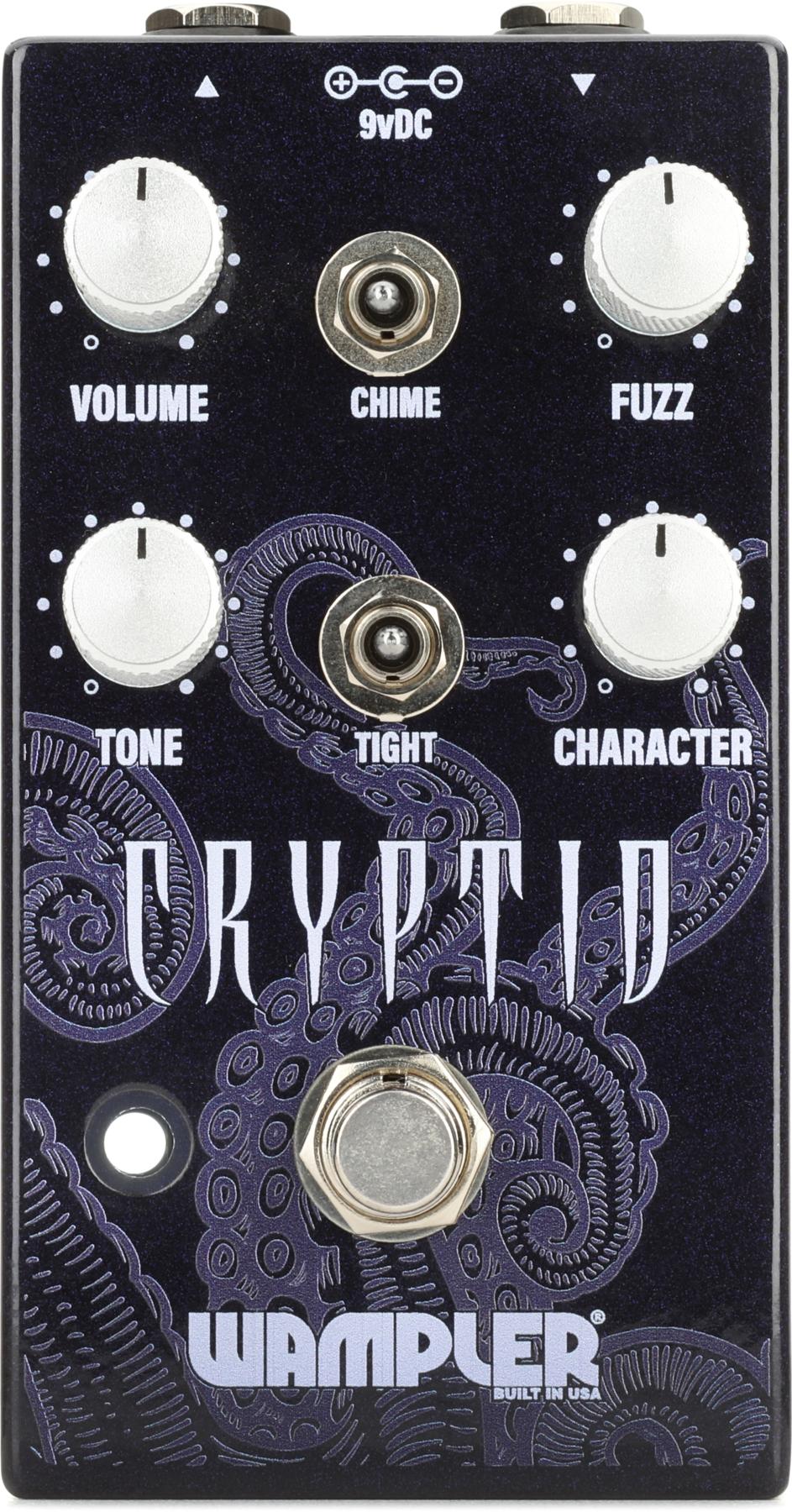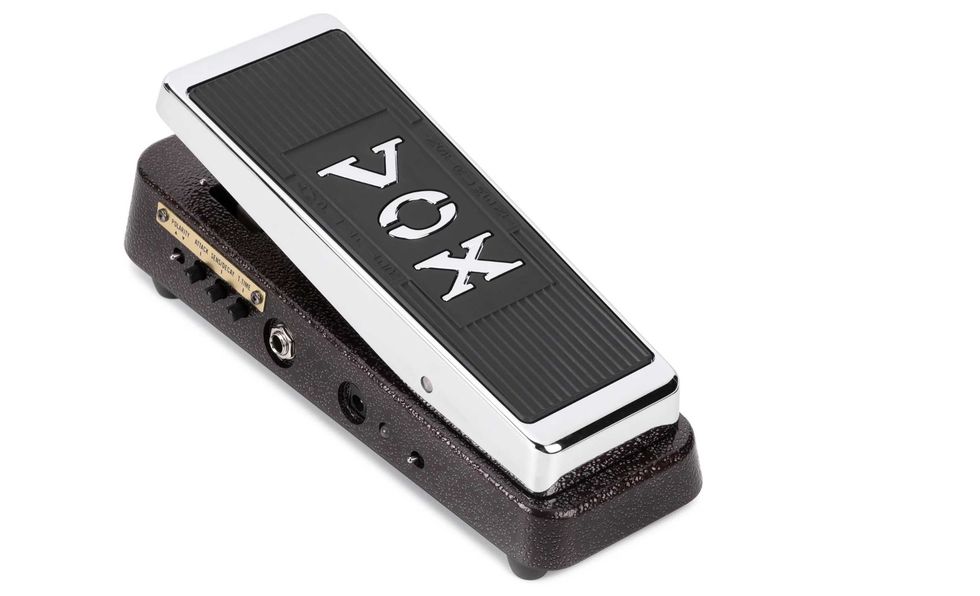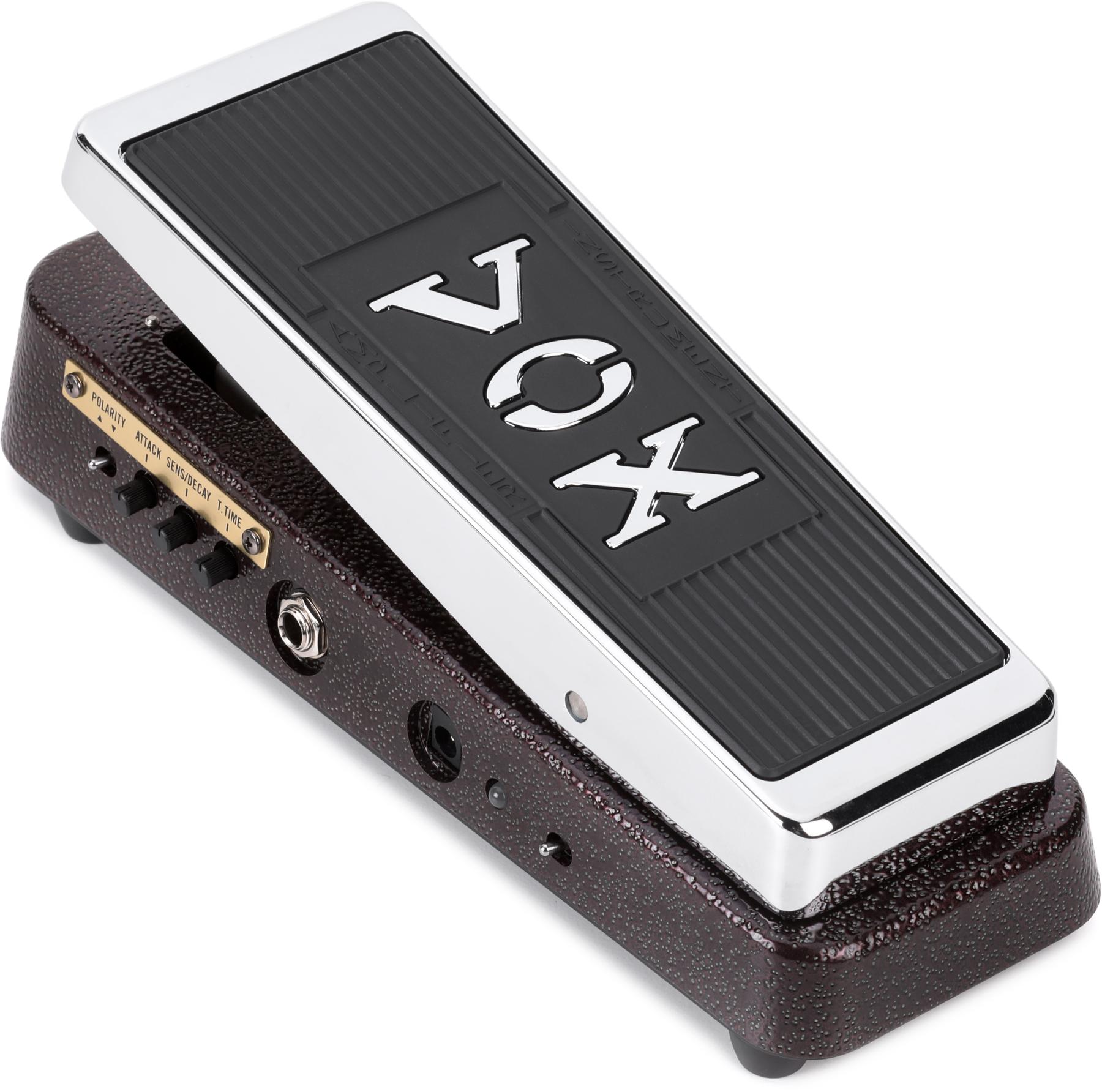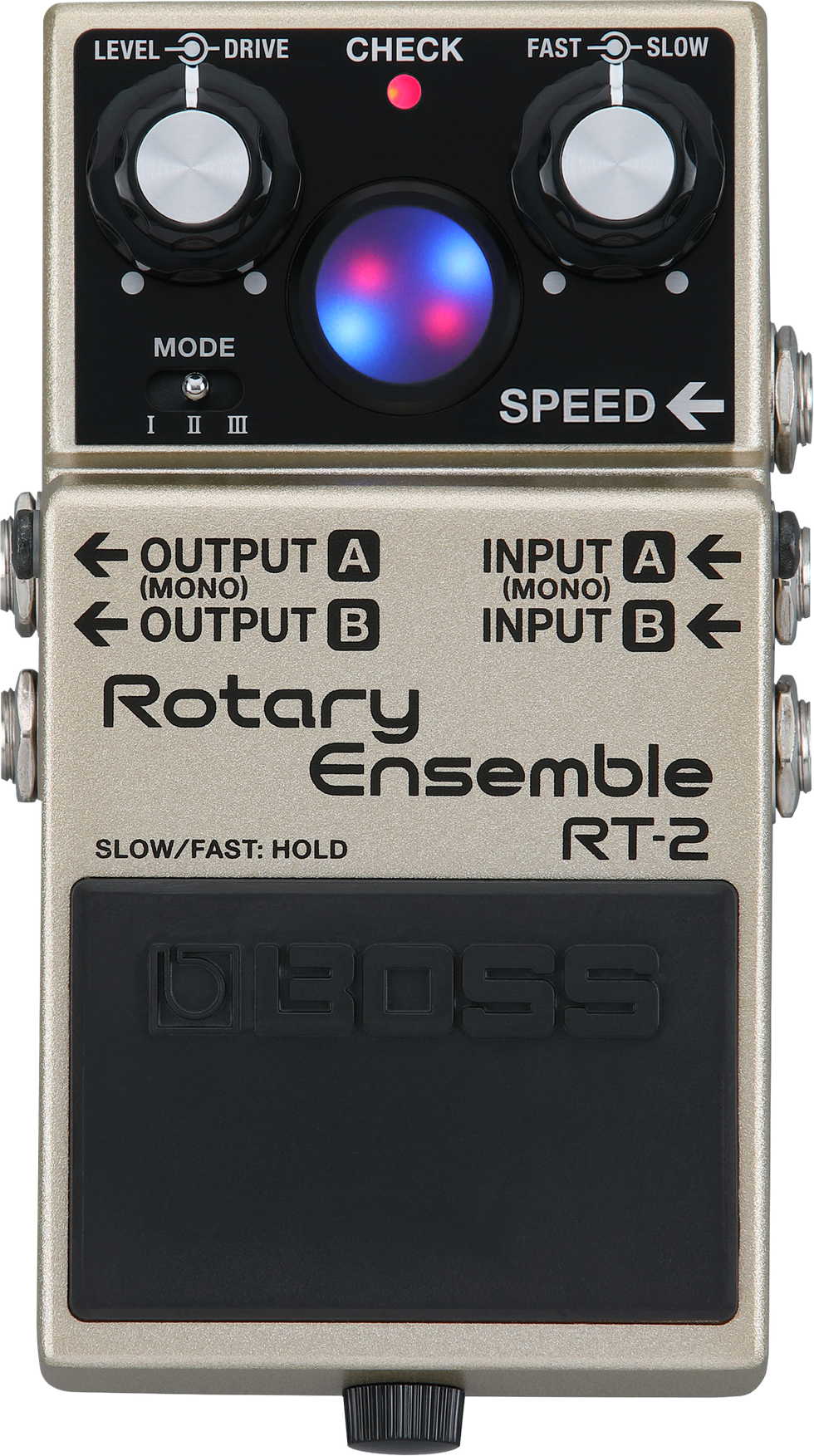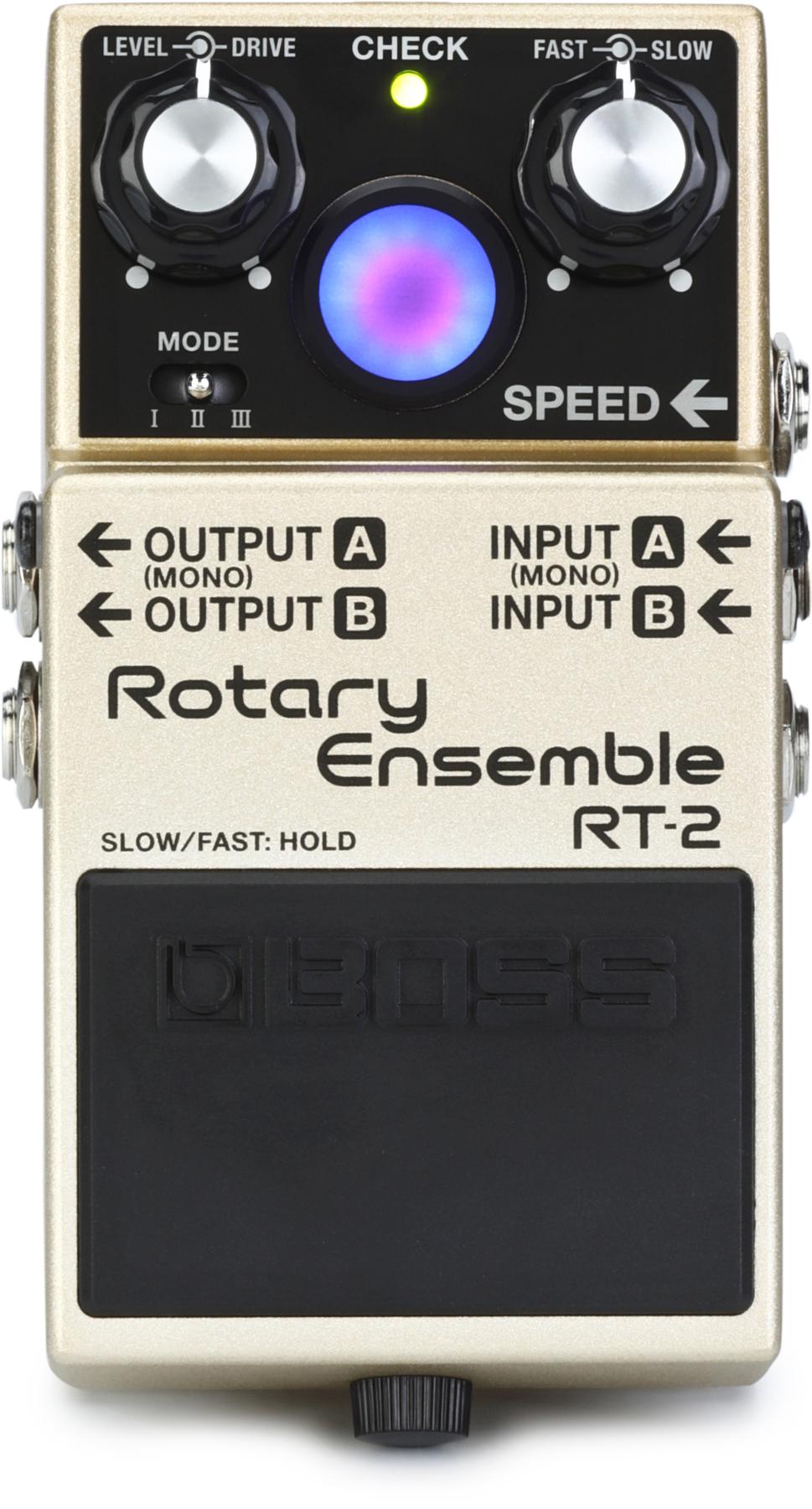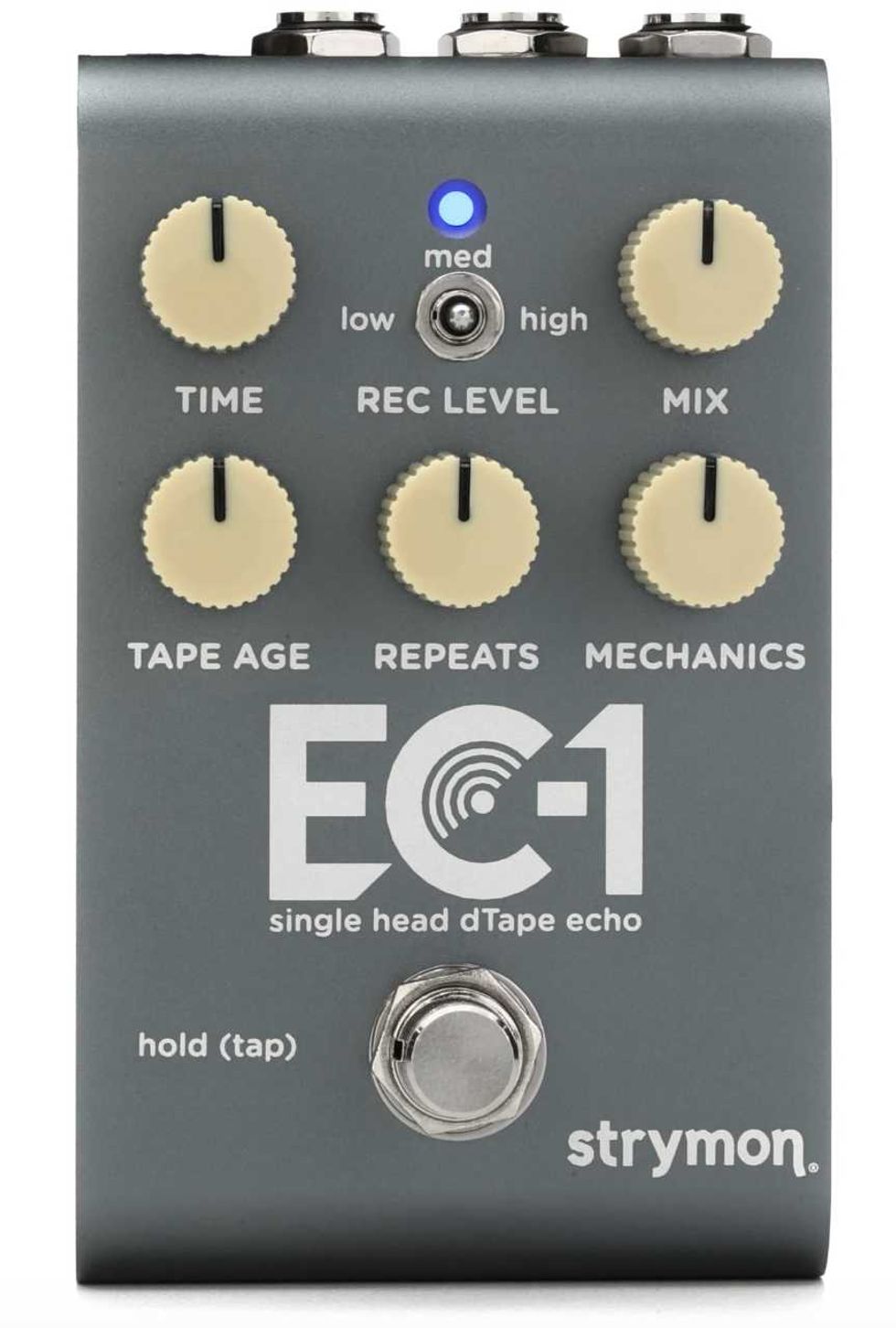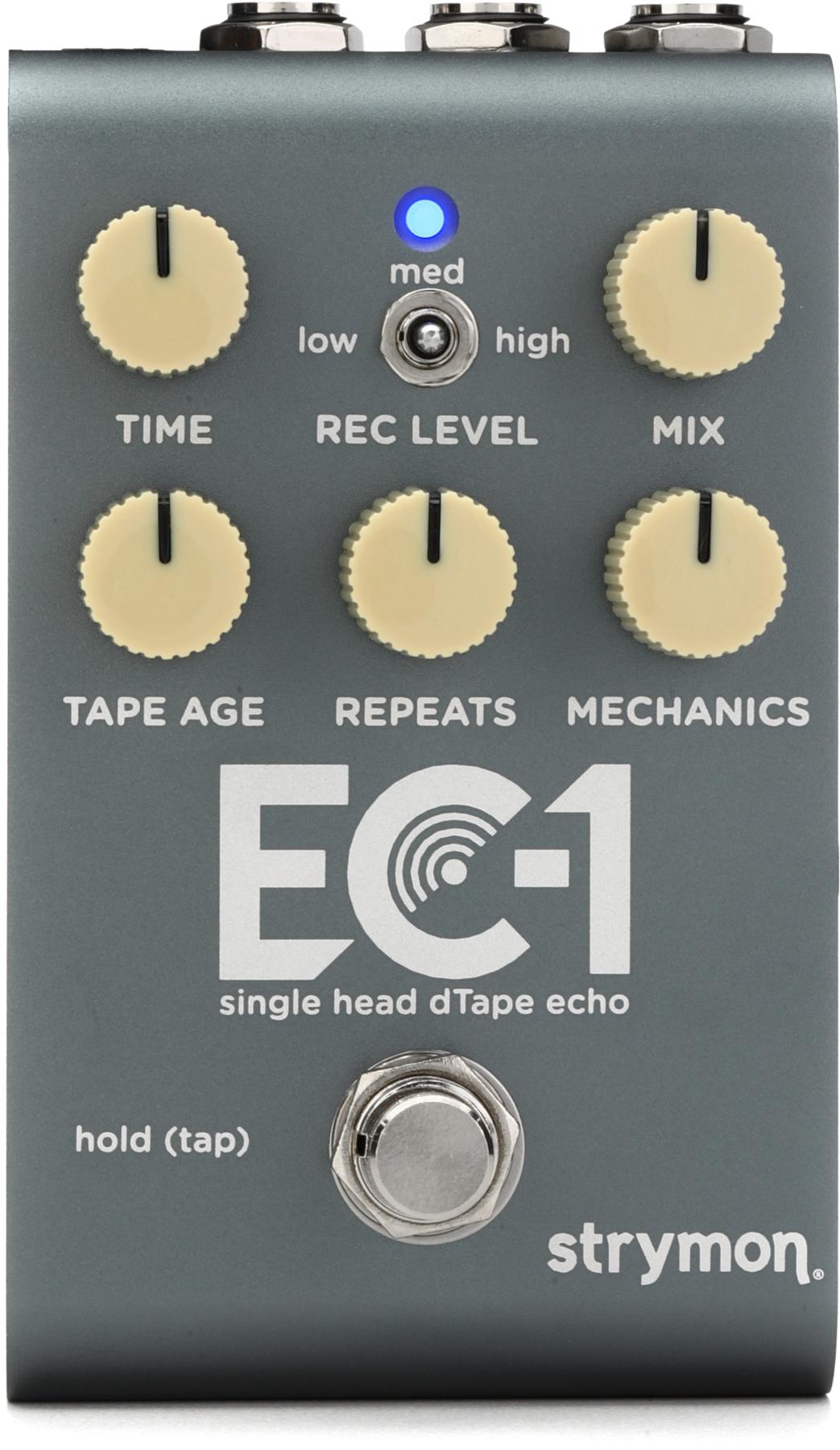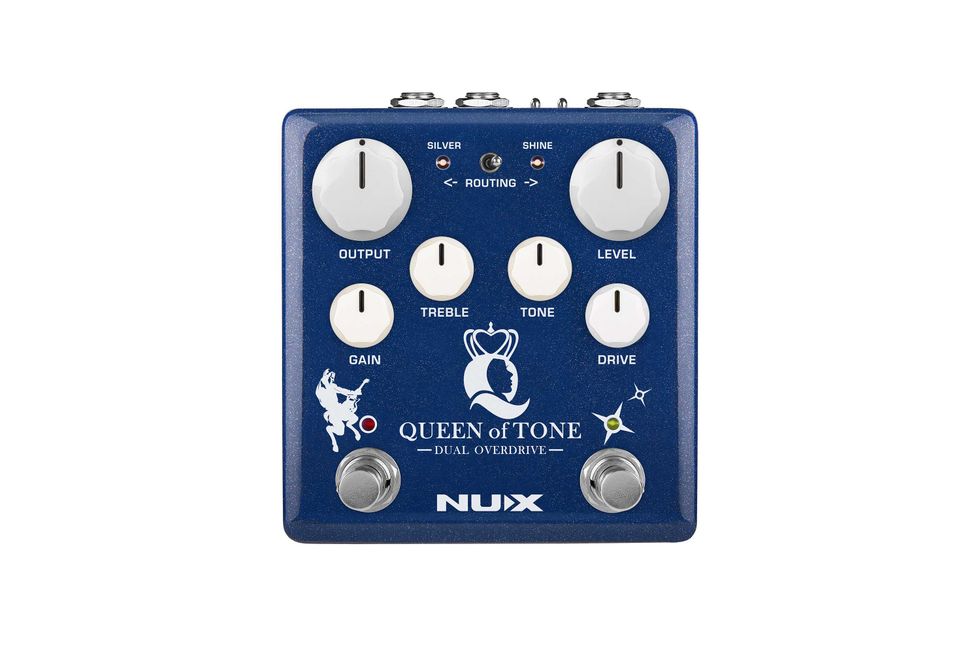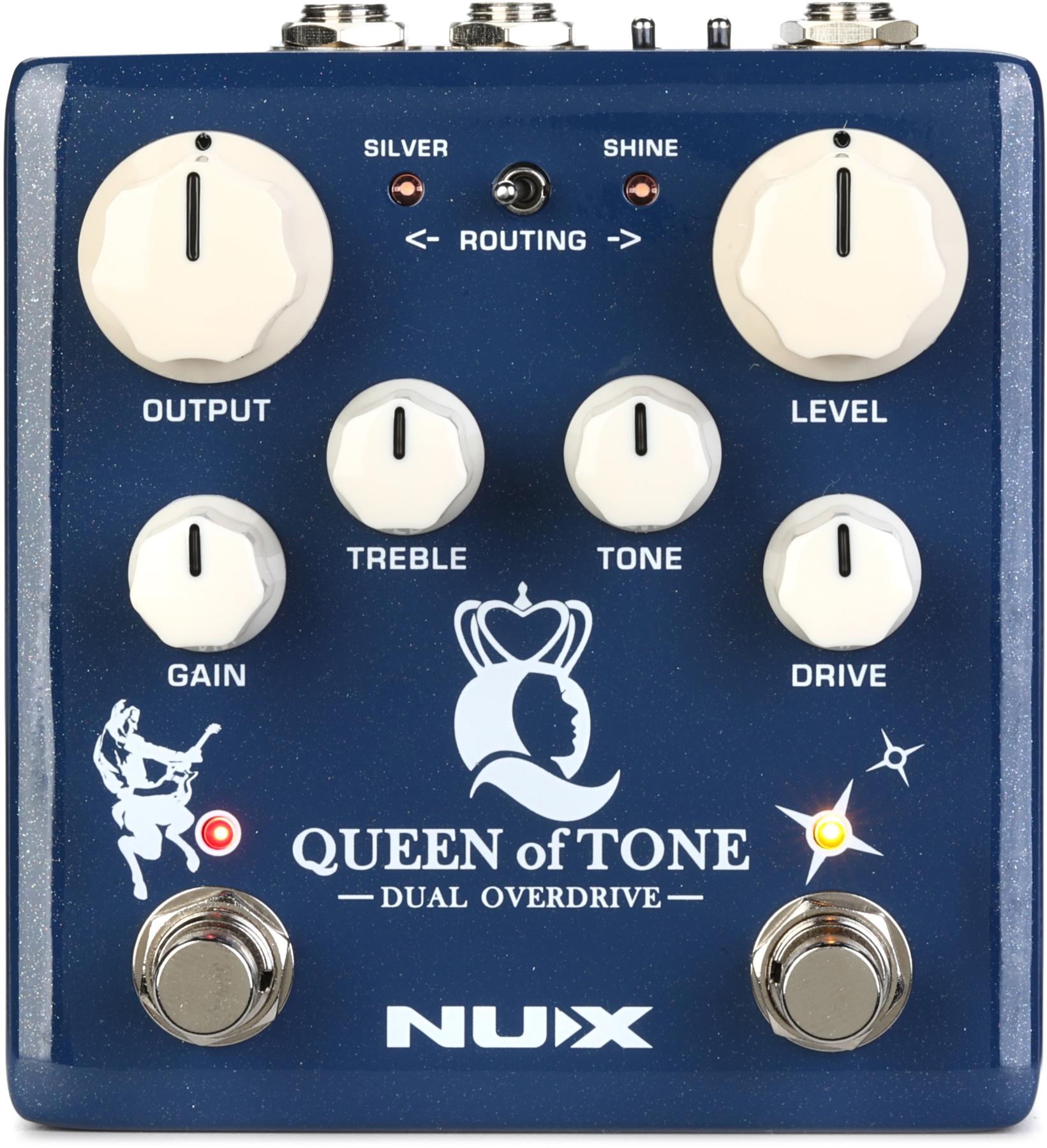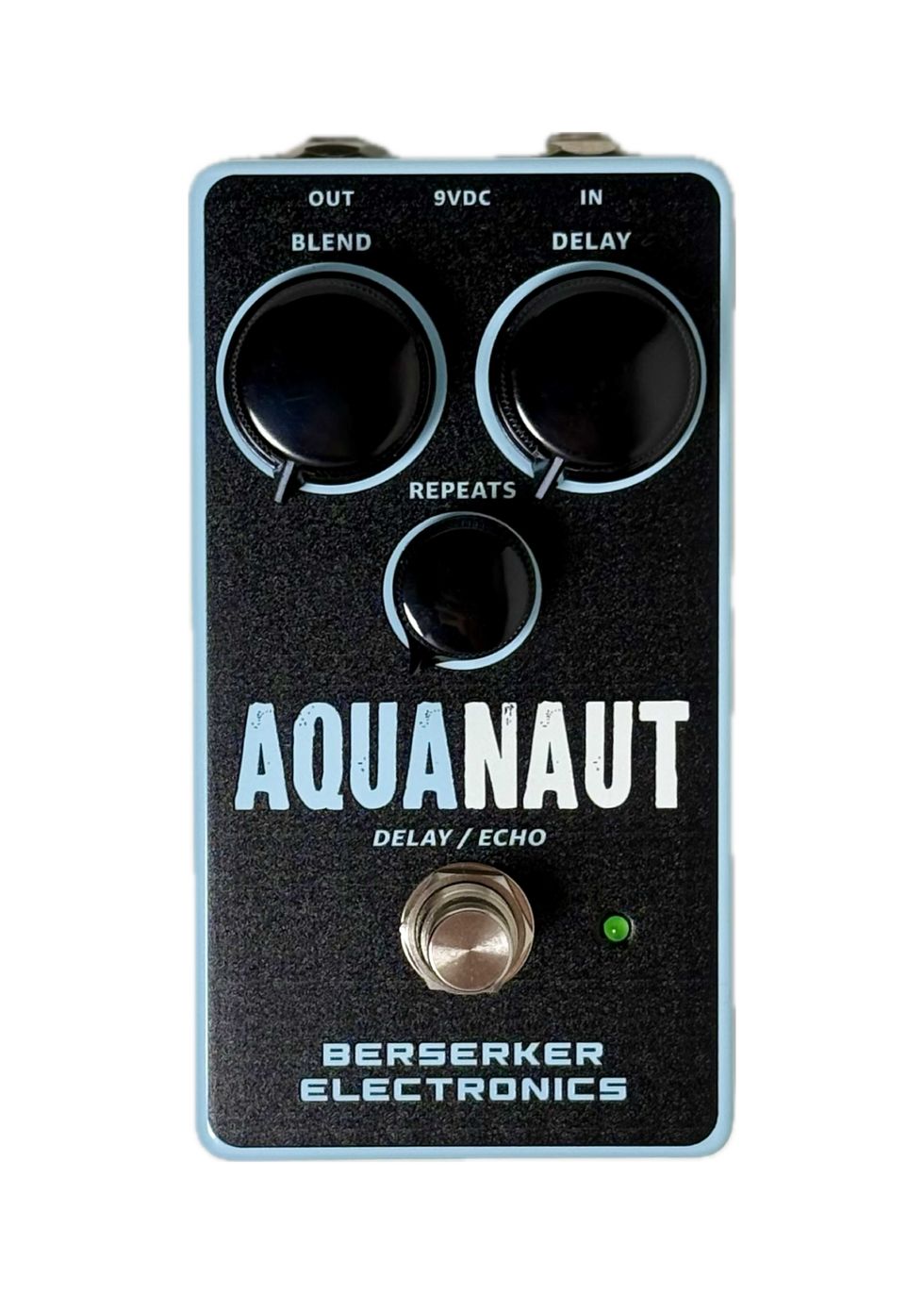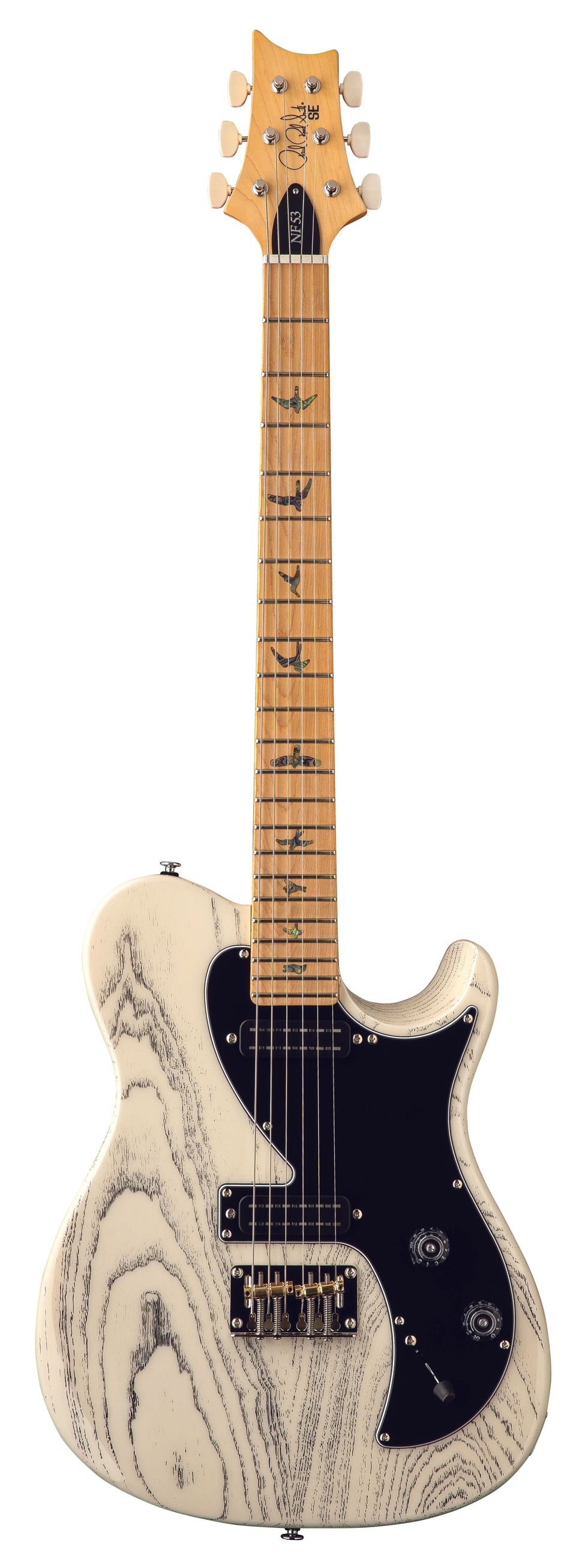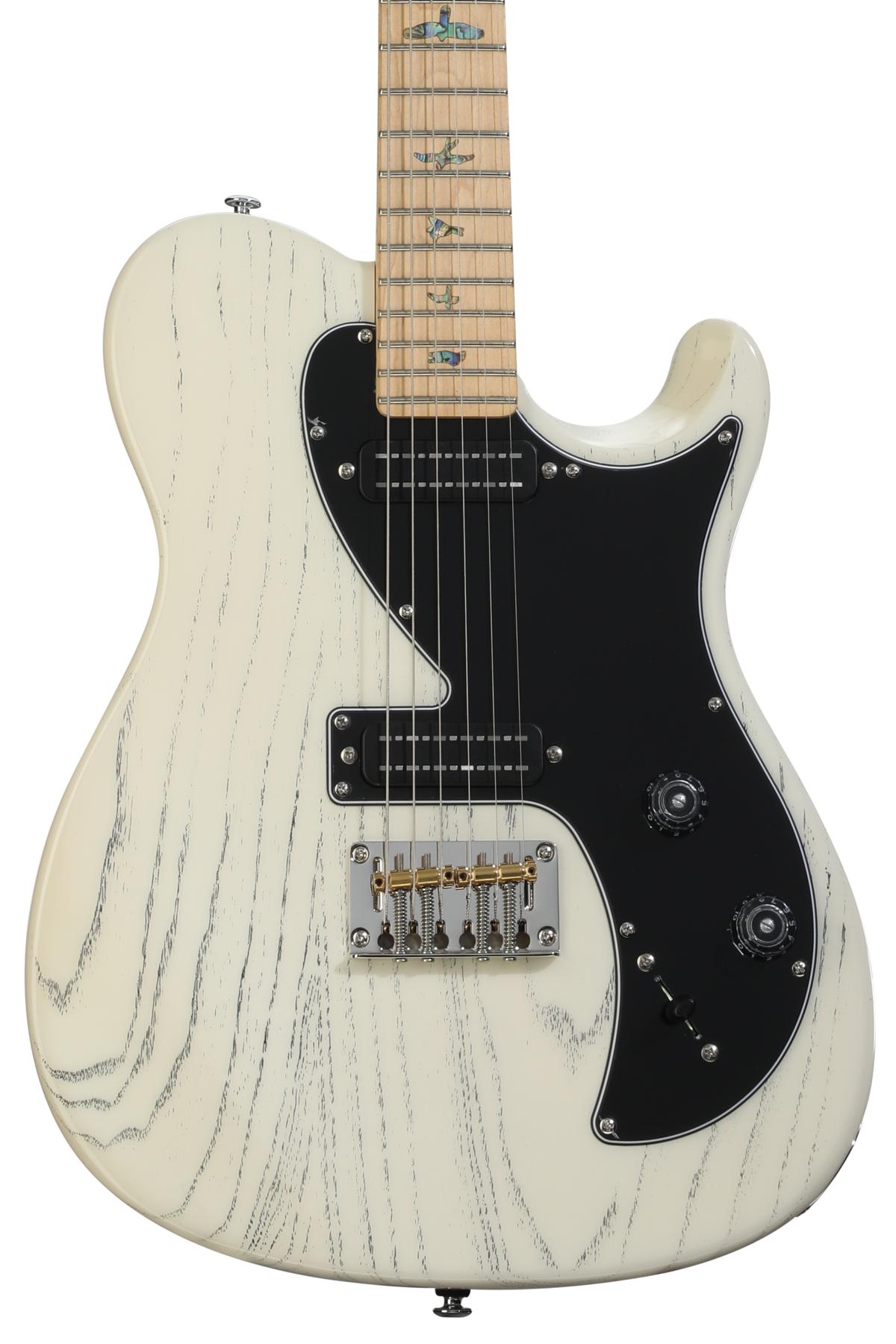It's funny to consider the time guitarists spend in search of filth. The only thing funnier, perhaps, is imagining legions of old-school audio engineers shaking befuddled heads (or turning over in their graves) as guitarists undo the work of decades spent questing for pure, distortion-free sound.
The Mile End Effects MTHRFCKR-RPTR digital delay, like so many creative modern effects, embraces distortion to an almost perverse degree—probing not just the realms of fuzzy overdrive, but mangled modulations as well. This design motivation is a product of Mile End founder Justin Cober's fascination with cassette tape degradation.
Exploration of tape distortion is not a new concept. Anyone who builds an Echoplex- or Space Echo-inspired pedal usually seeks to replicate the irregularities of the tape medium. But Mile End's take puts the wiggly, mangled, and mutated possibilities of the form front and center. And while it's perfectly capable of lovely normal delay sounds—with dark, modulated delays that would tickle any Deluxe Memory Man devotee—the MTHRFCKR=RPTR shines brightest (or dirtiest) when you use it as a force for weird.
Advantages
Hands-On Advantages
A lot of folks are bound to take one look at the MTHRFCKR=RPTR in its 7.4" x 4.7" Hammond 1590D enclosure and decide that it's too big for their pedalboard. That's fine. But obsessions with pedalboard space sometimes obscure the ergonomic and tactile virtues of larger effects. Take the old Deluxe Memory Man: Its size, control layout, the resistance in its knobs, and the way it fits a player's hands and fingers all conspire to enable creative control manipulation that, in my experience, isn't easily replicated with an expression pedal or small-form knobs arrayed in neat little rows.
Mile End seems to understand much about these ergonomic advantages. The MTHRFCKR=RPTR's knobs are laid out so you can simultaneously manipulate delay time or repeat controls with your thumb, the LFO rate or speed controls with your ring finger, and the volume or gain control with your pinky. If you tend to set and forget your delay settings, this type of functionality probably won't interest you much. But for players that use delay as a second instrument as much as an effect, it cracks open a multitude of expressive possibilities. And it's easy to see how the MTHRFCKR=RPTR could be enormously appealing to experimental and prepared guitar players, keyboardists, and synth artists, or engineers and artists itching to break free from the constraints of in-the-box studio effects.
Space Dirt and Cosmic Dust
Though digitally generated, the sound of the MTHRFCKR=RPTR's echoes should please any old-school analog delay fan. Even before you apply the gain and LFO-driven modulation sounds, you hear soft, blurry decay in each repeat. There can also be a little digital tone neutrality in the repeats—at least compared to true tape and bucket brigade delay devices—but it leaves ample headroom for the copious color that comes via the addition of gain and modulation.
Generally speaking, the controls have conservative tapers, and tone shifts can be subtle—even within a 30- or 40-percent increase or reduction in a given parameter. Players eager to exploit the MTHRFCKR=RPTR's more radical potential might be disappointed by these limitations. But I found the smoother, more subtle tapers to be a big advantage, and more musical, when using the controls interactively.
The Mile End doesn't overwhelm you with tone shaping options. But the wet switch, which removes the dry signal entirely, and the waveform switch, which toggles between random, non-cyclical square waves and uniform sine wave modulation, are simple-to-use additions that can be transformative. The random-cycle square waves best replicate the capstan-motor-gone-wrong and stretched-tape funkiness of vintage tape delay units. At subtle levels it adds authenticity. In heavier doses—and particularly with a fat dollop of gain from the pedal's preamp section—the random waveforms add a dreamlike haze that makes slow, spacious solo improvisations kinetic and rich with color. The all-wet setting has less utility in straightforward playing situations. But for abstract, deconstructed sound collage and improvisation, it's incredibly liberating—especially with generous sides of dirty gain and random modulation. Some of my favorite MTHRFCKR=RPTR sounds dwell within these settings. There's also a soft-relay footswitch for driving the pedal into self-oscillation.
The preamp gain section, which really enhances delay and modulation textures, produces harmonically balanced and very organic overdrive sounds. It can sound a touch fizzy at the very highest gain levels—almost in the fashion of a tweed Deluxe amp cranked to the gills. But it's a delight at most settings, even without the delay or modulation in the mix.
The Verdict
The MTHRFCKR=RPTR is not exclusively or indulgently eccentric. It's a very practical digital delay with a heavy and authentic analog flavor and an extraordinarily fun and creative control interface that sparks unconventional sounds and ideas. It's certainly a digital delay analog heads can love. But it's also likely to find fans among engineers and artists—pro and homebrew alike—that will embrace it's tactile and ergonomic advantages and unconventional tones to unique ends in mix and production tasks.

